Curious about Play
At Bellbird, we believe that 'play is a child's occupation.' Our Curious About Play articles feature inspiration, suggestions and activities to assist educators to create engaging play spaces and ideas to combine early learning resources creatively. Written specifically for educators we encourage them to approach planning room environments in a new light, and to let children's natural curiosity guide playful outcomes.

Filter Educator Resources by:
-

Messy Play is Magic
Messy play reminds us of the importance of having fun and focusing instead on the journey to the discovery, not the discovery itself.
Read more -
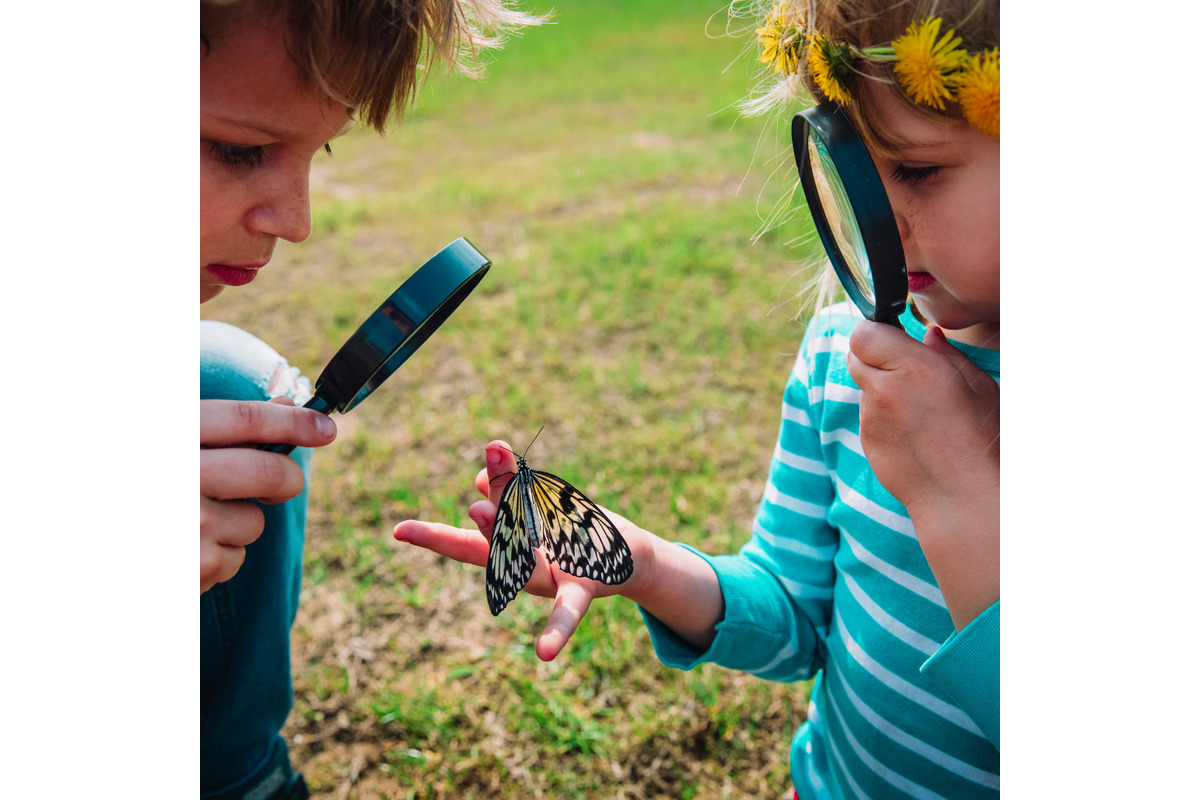
Nurturing and Building Relationships with Natural Playspaces
Learning about relationships can be simplified by focusing on the ever-changing cycles of the natural world. These can provide a metaphor for the importance of this within our human relationships.
Read more -
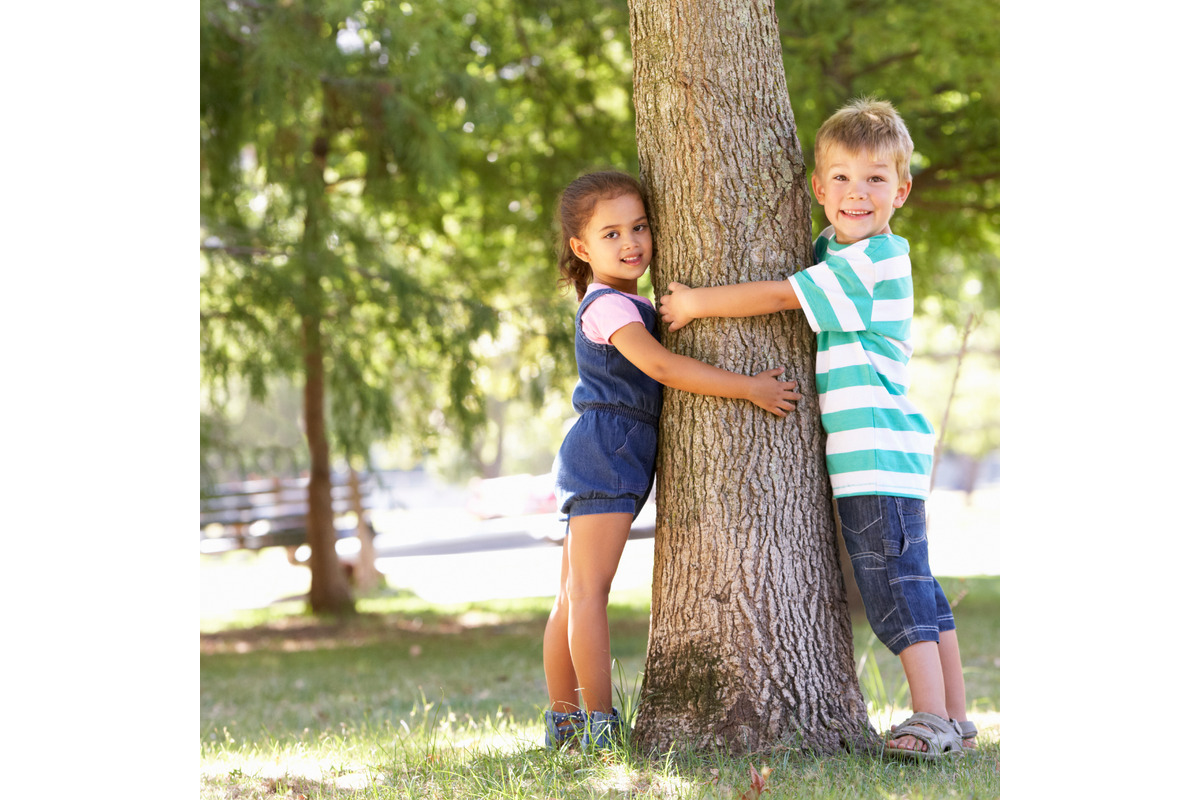
Three R’s of Sustainability: Reduce, reuse, and recycle
Teaching children about the environment and understanding how it works is an opportunity to also teach them about sustainability.
Read more -
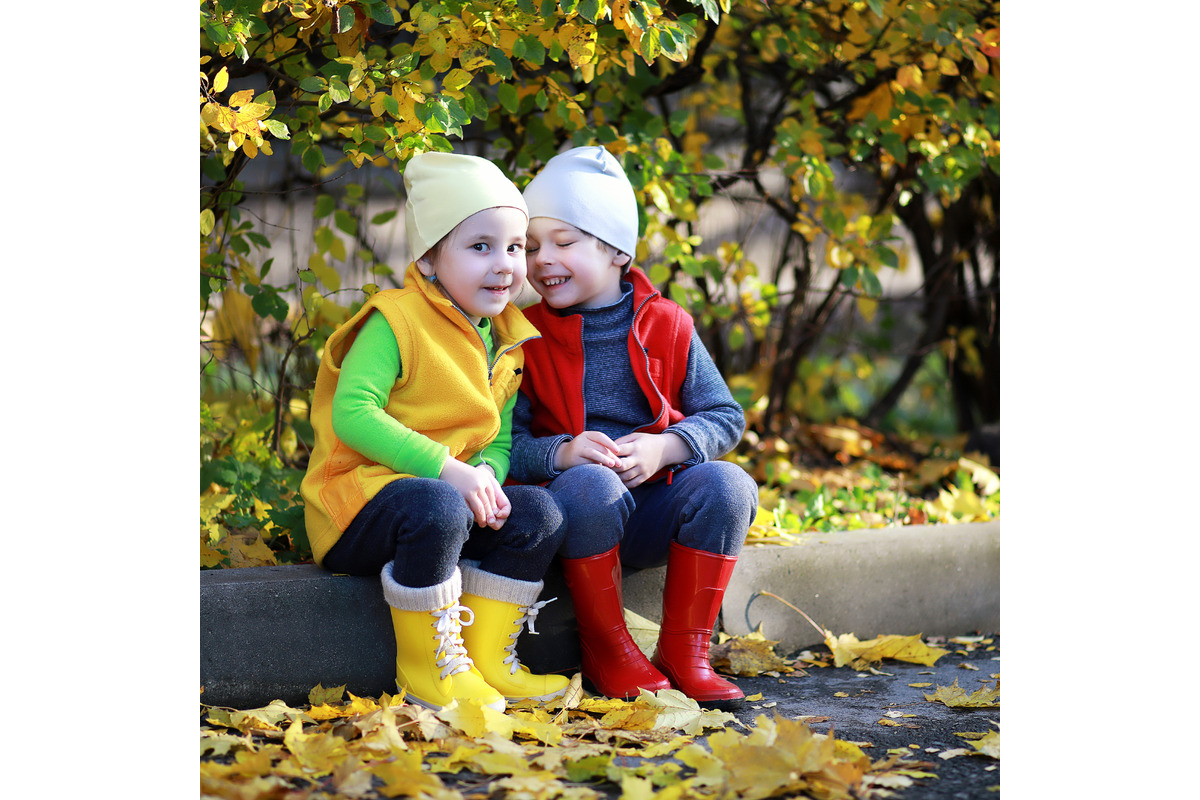
Sustainability in Early Years Education
When thinking about sustainability in early childhood education, thought must be given to the kind of world our children will inherit in the long term as they will become the caretakers of the future.
Read more -
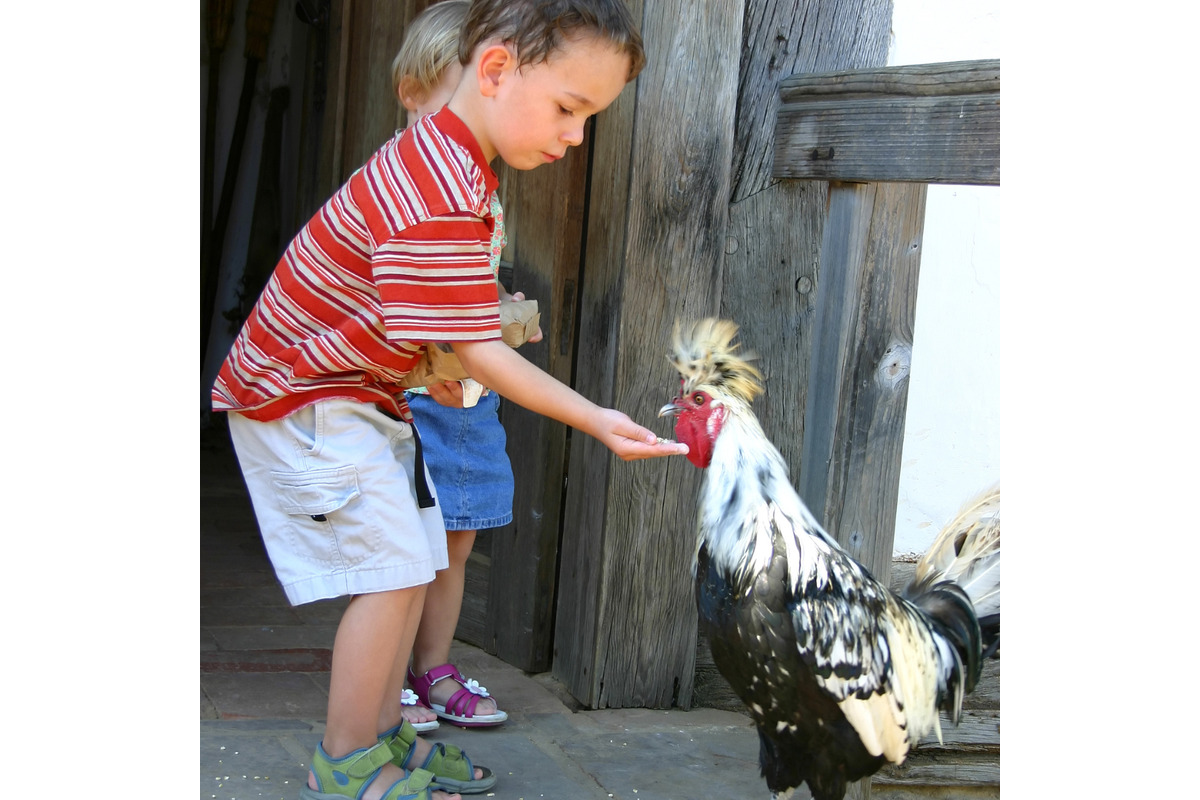
Strengthening Relationships through Play
Strengthening relationships by combining resources can encourage conversation and learning that feels natural and responsive.
Read more -
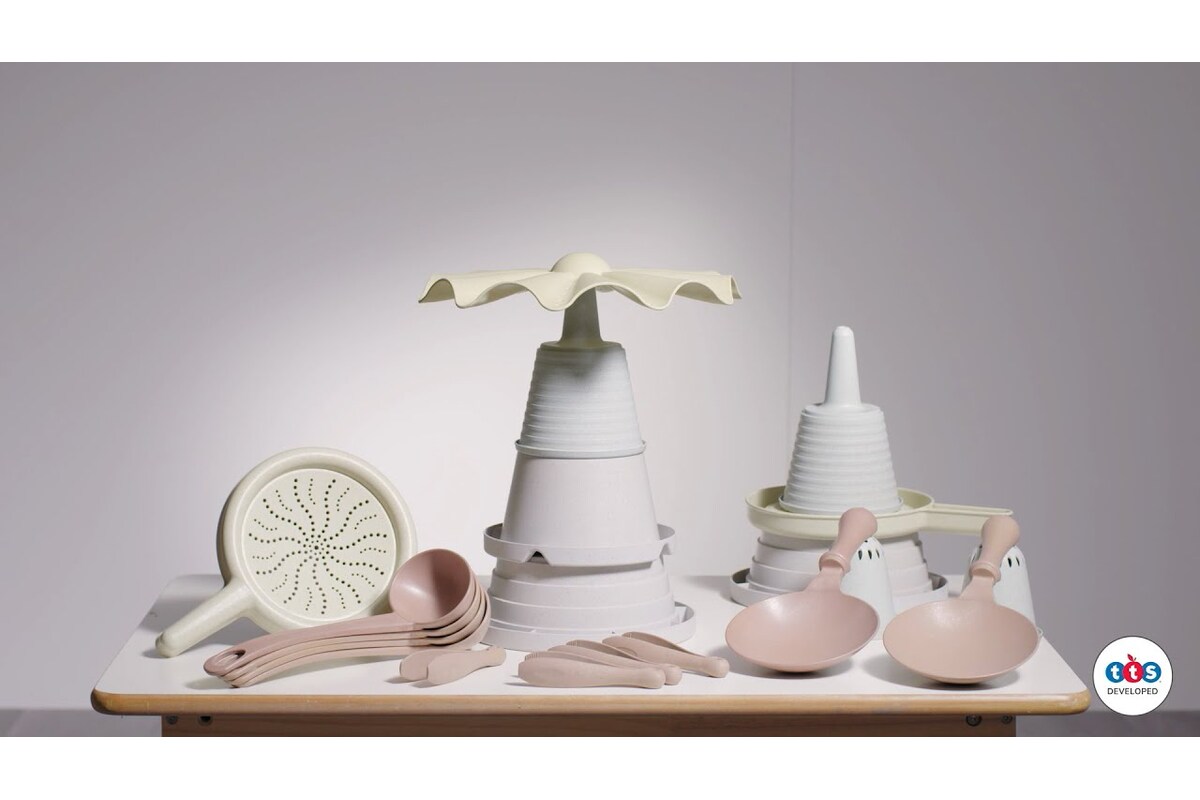
Tweezers - The Item You Might Never Have Expected to See in Water Play
Reimagining water play experiences with different, or lesser-known resources can provide a shift in learning intentions that emphasise creativity and function.
Read more -
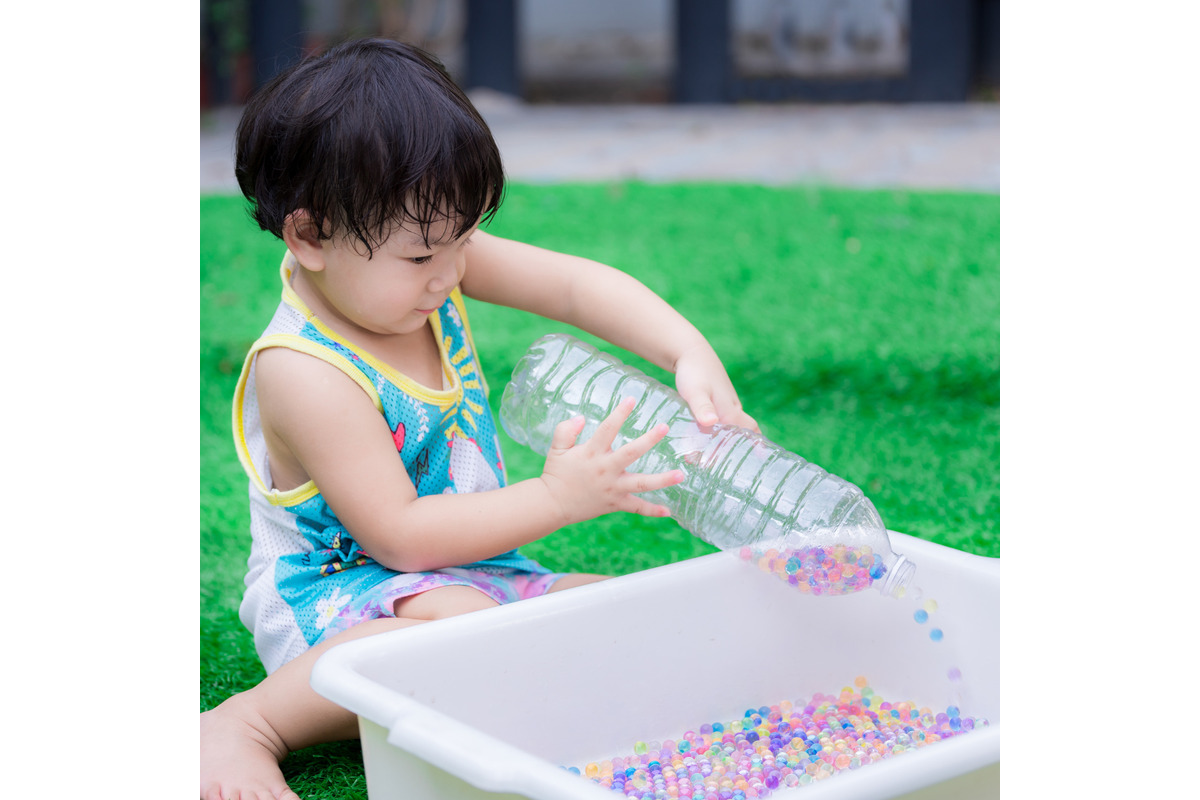
Round v Rectangular Water Trays - Which is Best?
Both round and rectangular water trays have their benefits for learning and development, but the decision can be made easier by asking a few questions first.
Read more -
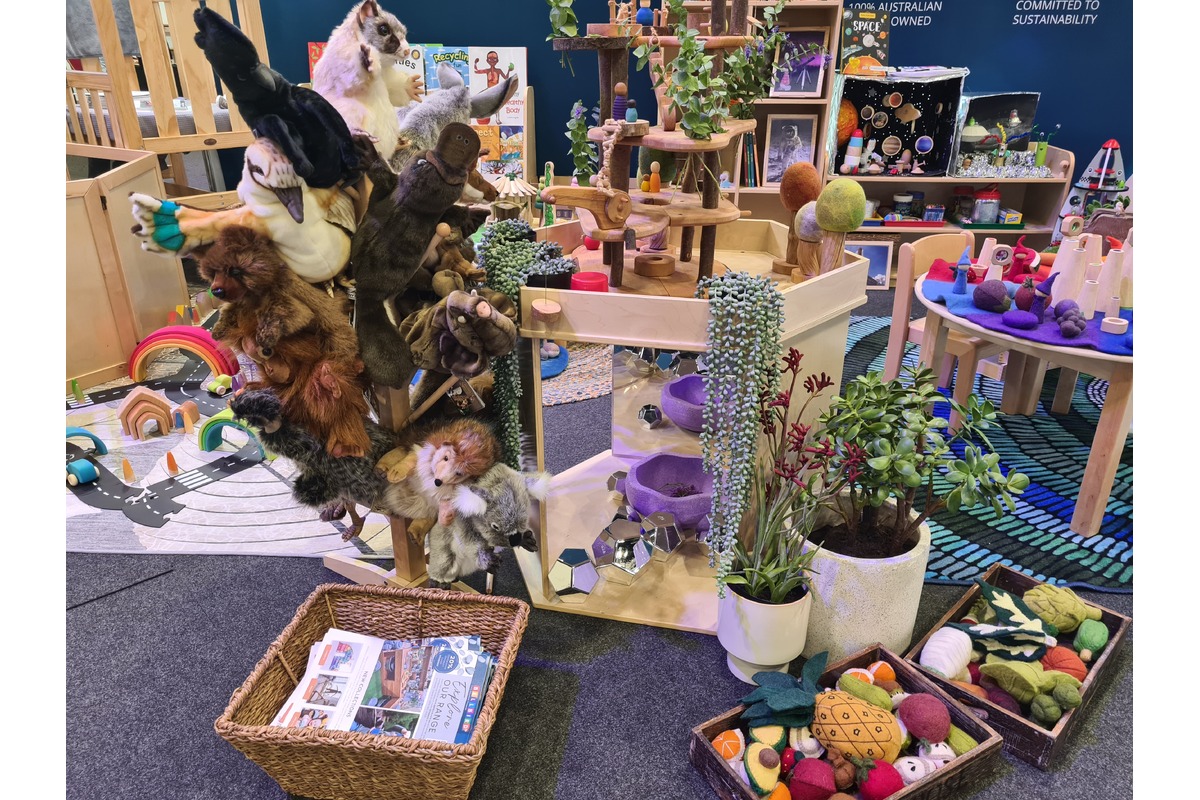
5 Tips to Create Responsive Play spaces
Creating a regular program of thought-provoking play spaces can seem overwhelming, but with some creative thinking, magic can happen!
Read more -
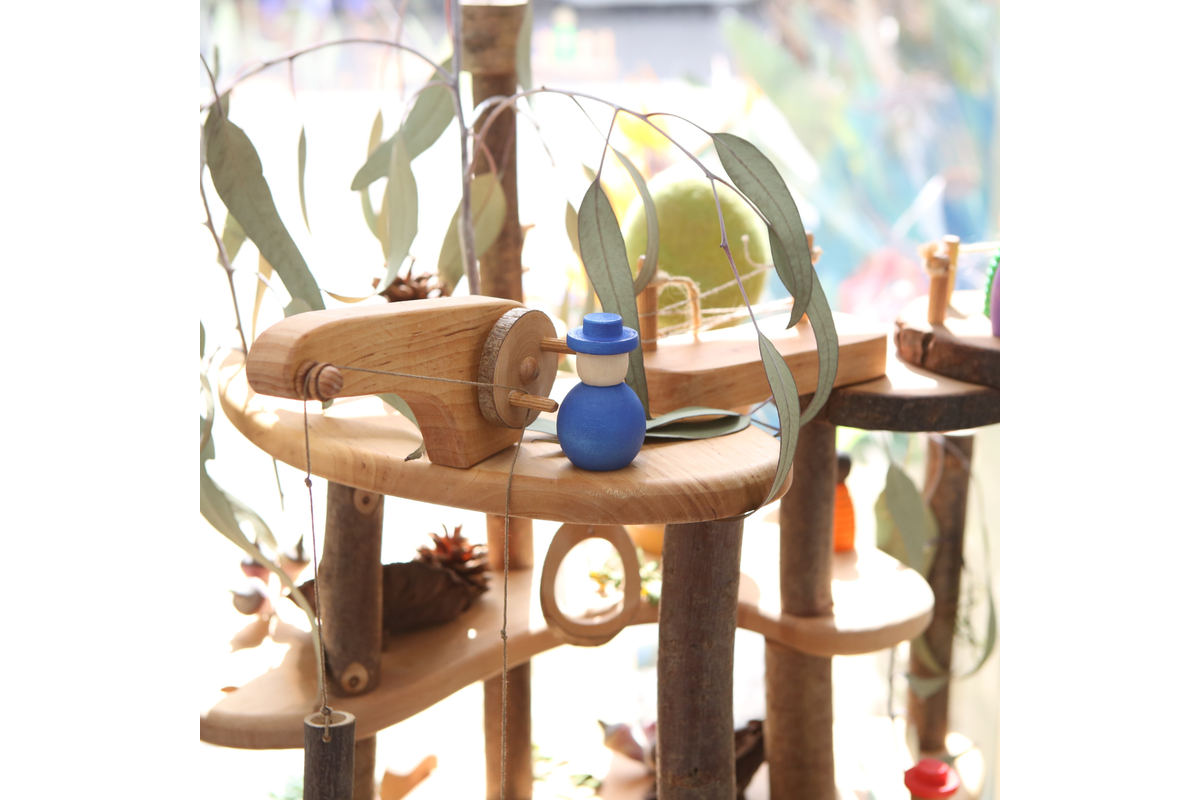
Three Ways to Create Intentional Play Spaces
Creating responsive play spaces can be quick and easy to set up for both children and educators. Imagination and simplistic styling, make them easy to replicate and modify as necessary using children’s valuable input.
Read more -
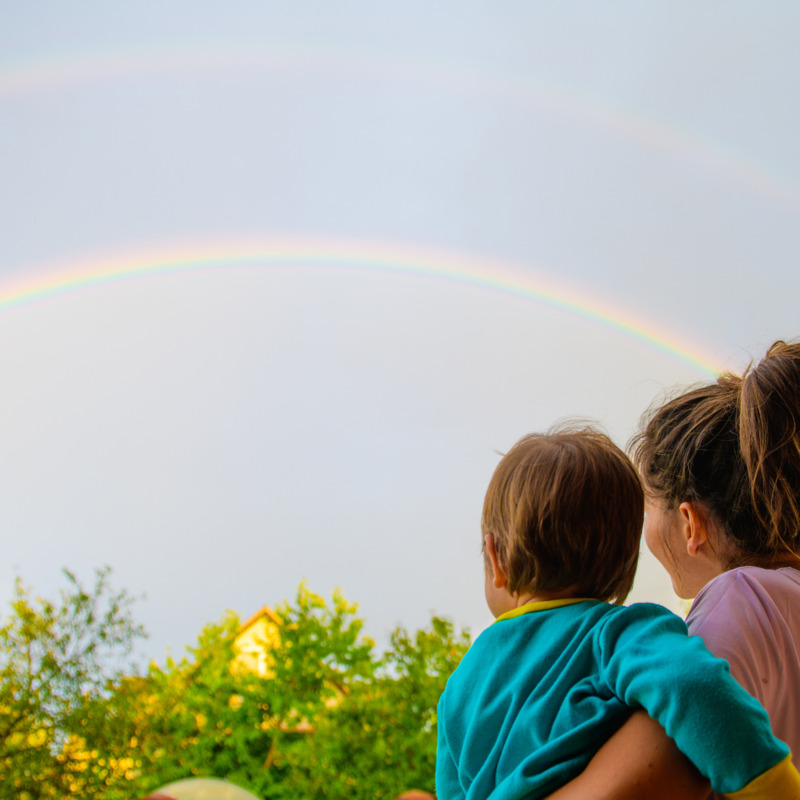
How Water Play Teaches Children the Importance of Conservation
Whilst recognising that water is a precious resource, when using it to explore and explain its importance to life, children can learn valuable information about how and why it sustains life.
Read more -
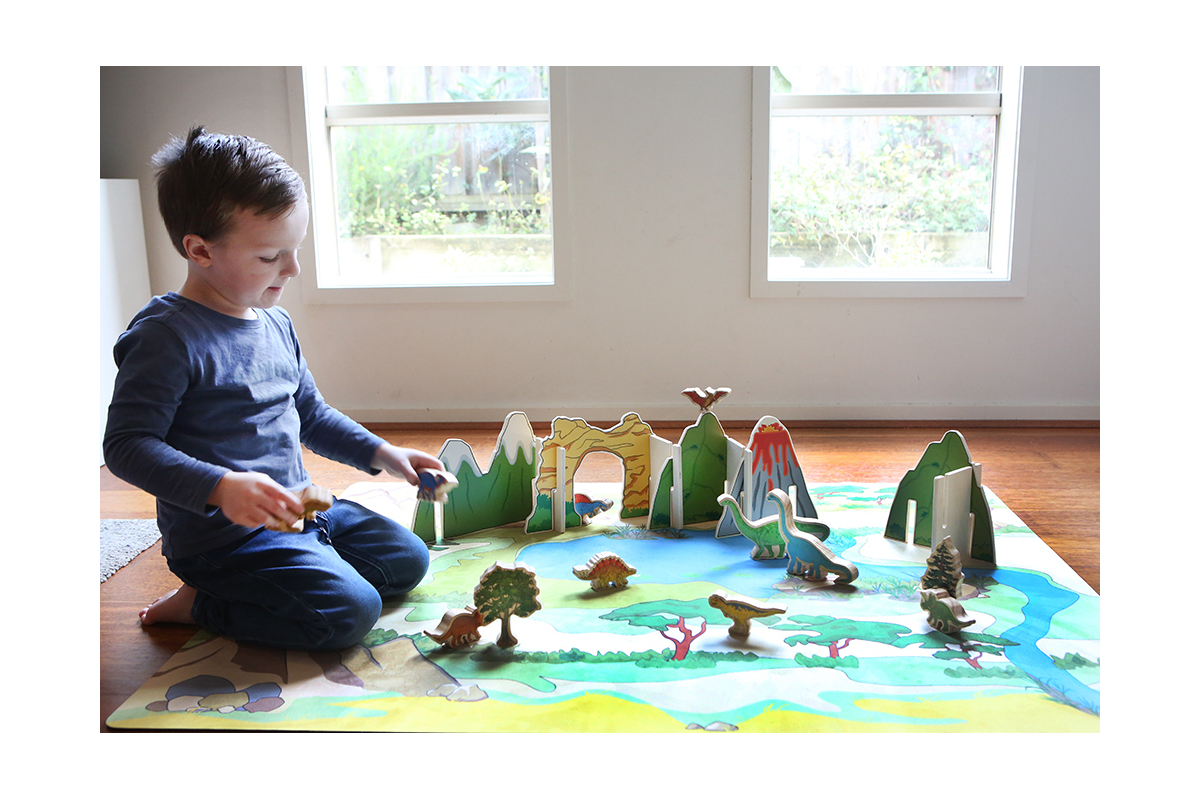
Exploring Change through Scientific Processes
With just a few ingredients, simple experiments can be conducted with young children that assist in exploring the learning of abstract processes that create temporary and permanent changes.
Read more -
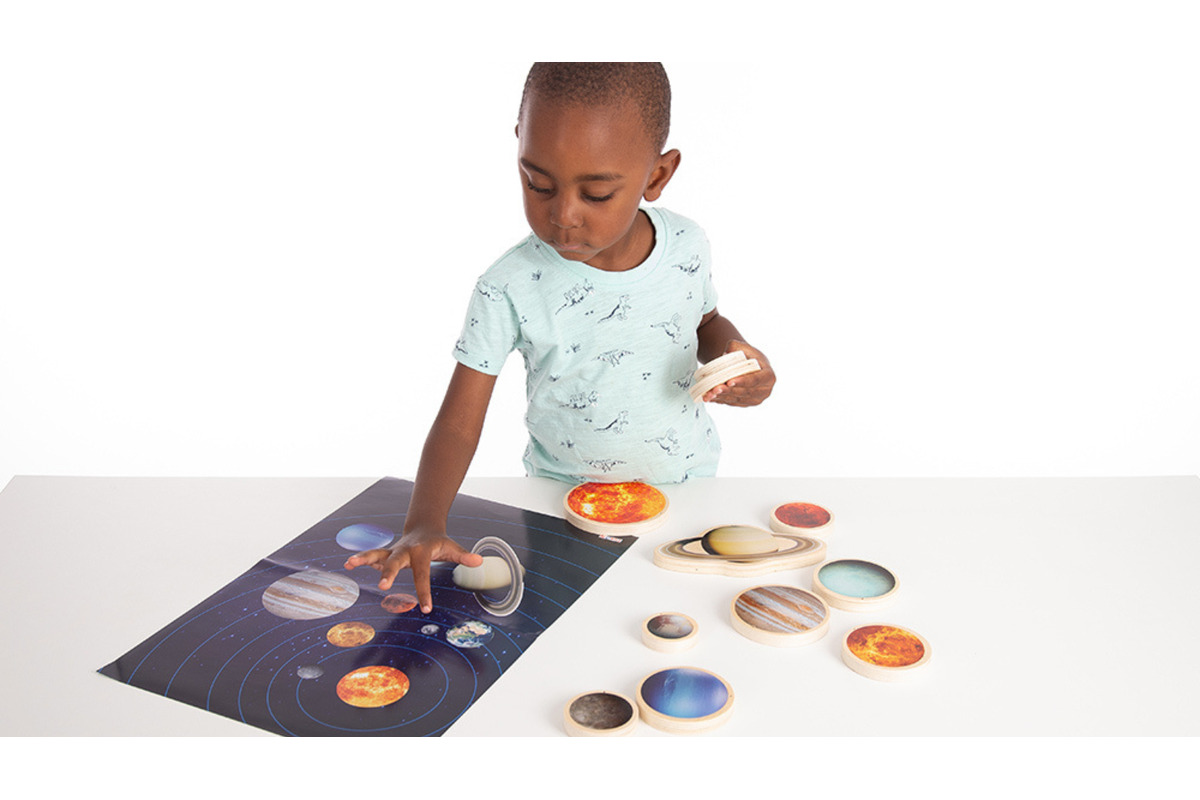
Six Questions that Promote Children's STEM Thinking
Children notice the minutiae of life, making them excellent scientists who intuitively question and research the world around them.
Read more -
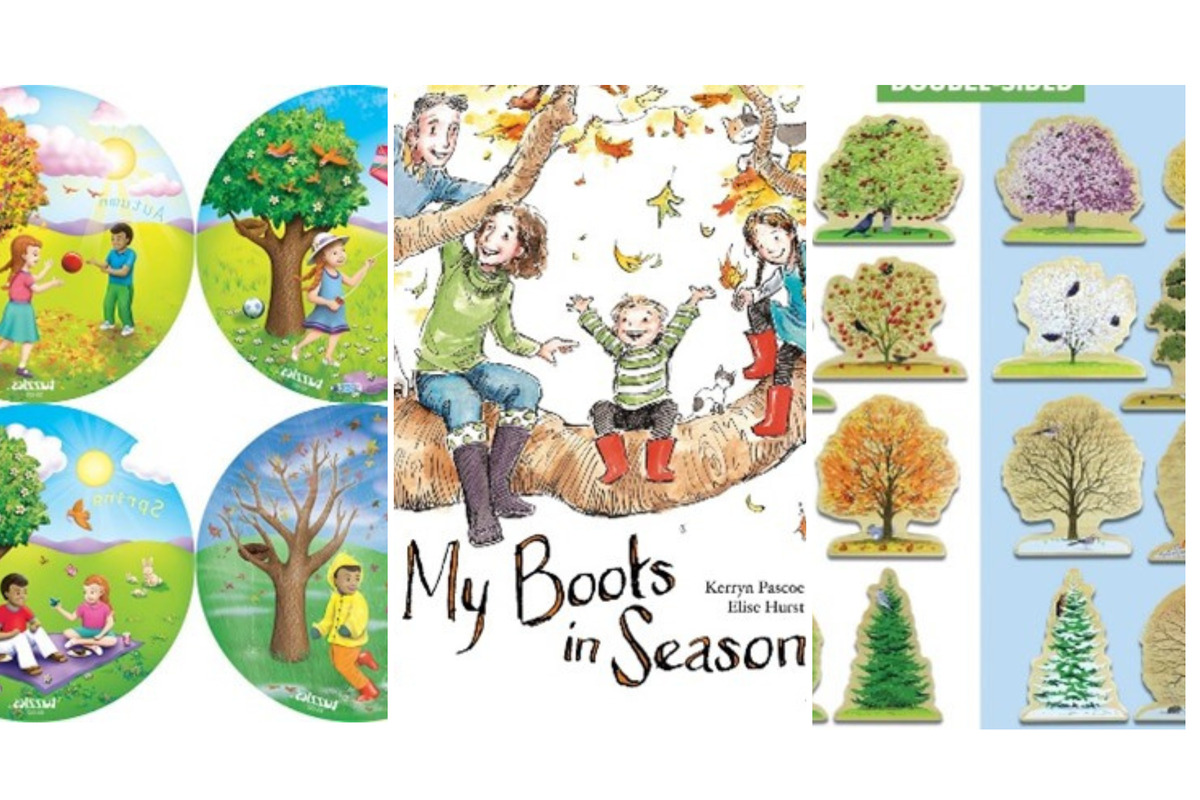
The Wonder of Science Through Play
Children are naturally drawn to the concepts of STEM as they use their senses to understand the world around them.
Read more -

The Importance of having a Dedicated Art Area
Choosing the art and resources you need to furnish and identify art spaces creates the kind of art experiences that can be offered.
Read more -
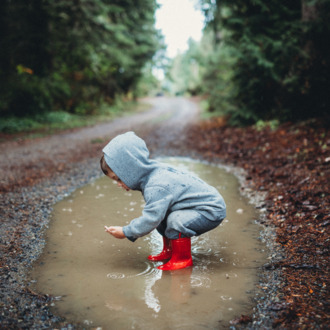
Modelling Care and Respect for the Natural world with Young Learners
Understanding what children are asking is key to consider what information will be passed on and is equally important to why they want to know. This data can guide educators about children’s interests and how this might be included in future play.
Read more -
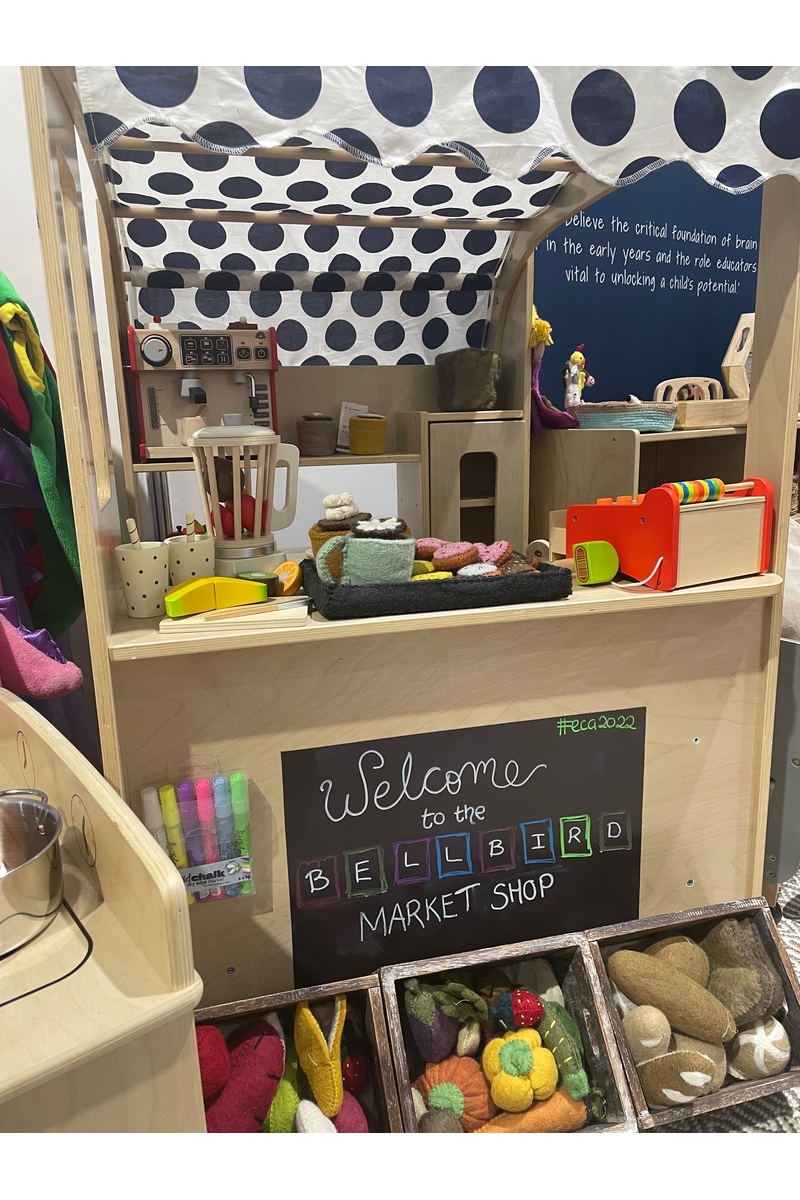
Creating Contemporary Inspired Learning Playspaces
Some of the key elements in creating child-centred environments are based on what excites children. Reflecting the age and stage of children’s development , experiences within the learning environment are intentionally placed with care for greatest impact
Read more -
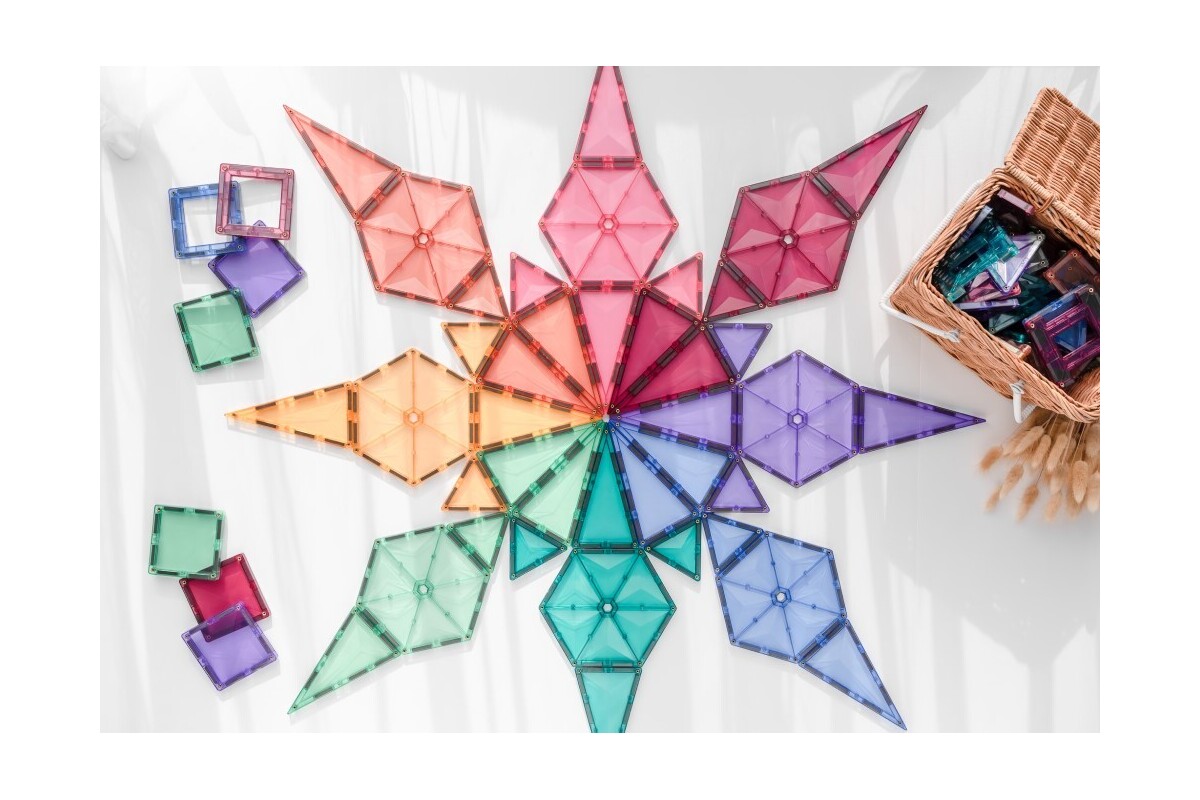
How to Move from Being 'Inspired By' to 'Being Inspiring'
Contemporary approaches to learning are often quoted by early childhood educators as being inspirational; the real 'magic' is often in their simplicity.
Read more -
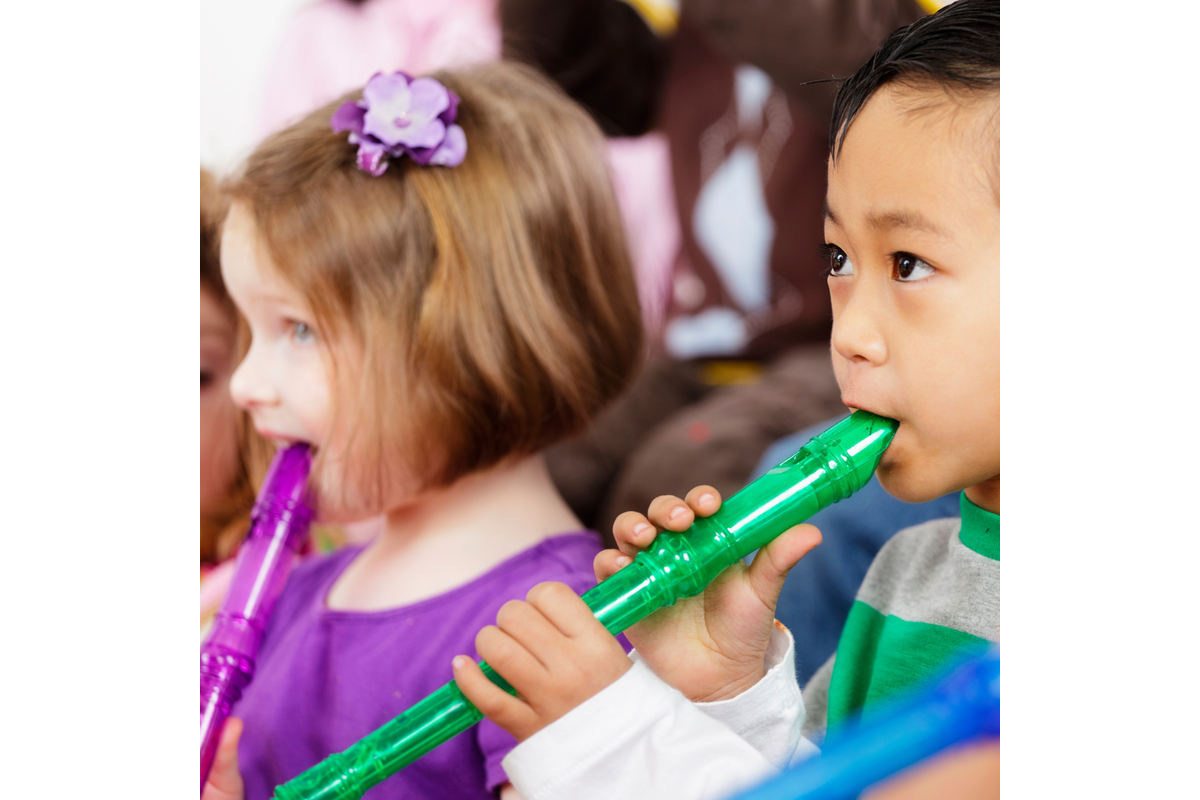
Exploring Emotional Development through Sound
Learning how sound and noise can affect our moods during interactions with others is integral to self-regulation and how children can contribute to their emotional growth.
Read more -
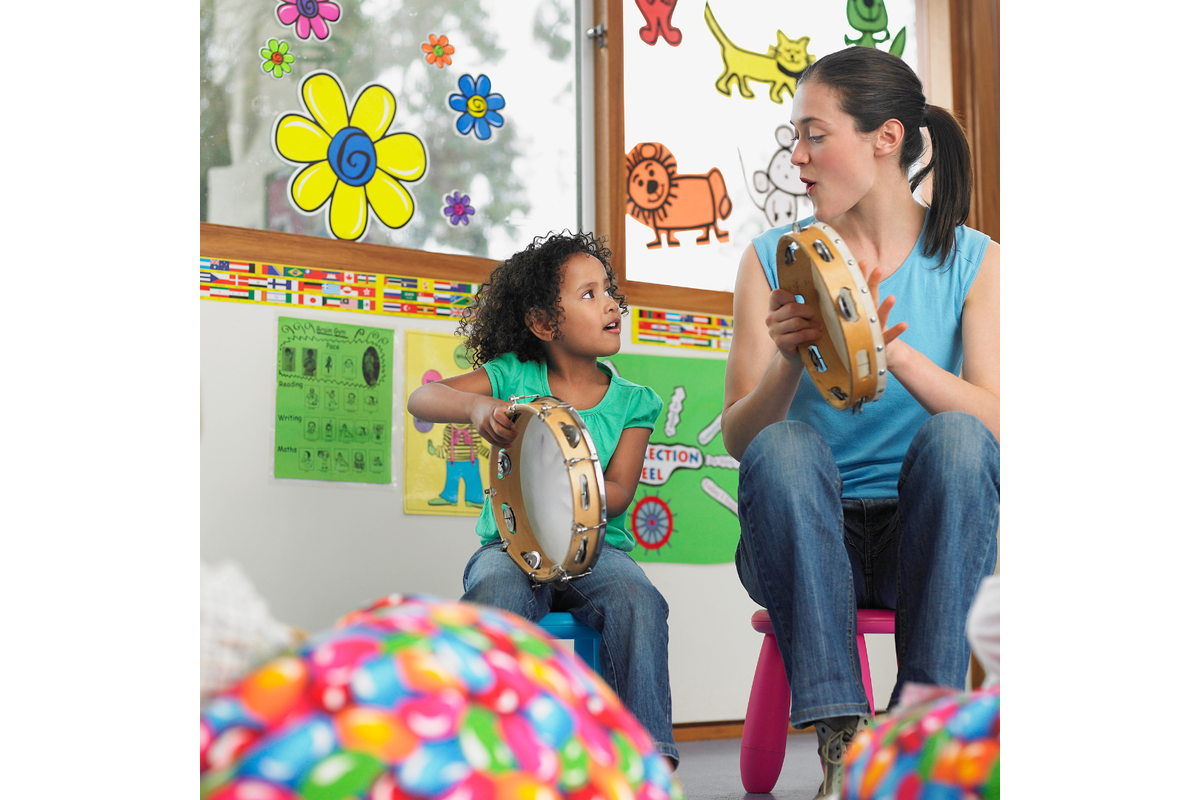
Creating Sound Play spaces for Early Learners
Sharing a range of music from different cultures can enhance learning for children, which can lead to stimulating questions and discussions as they explore their identity and communities they live in.
Read more -
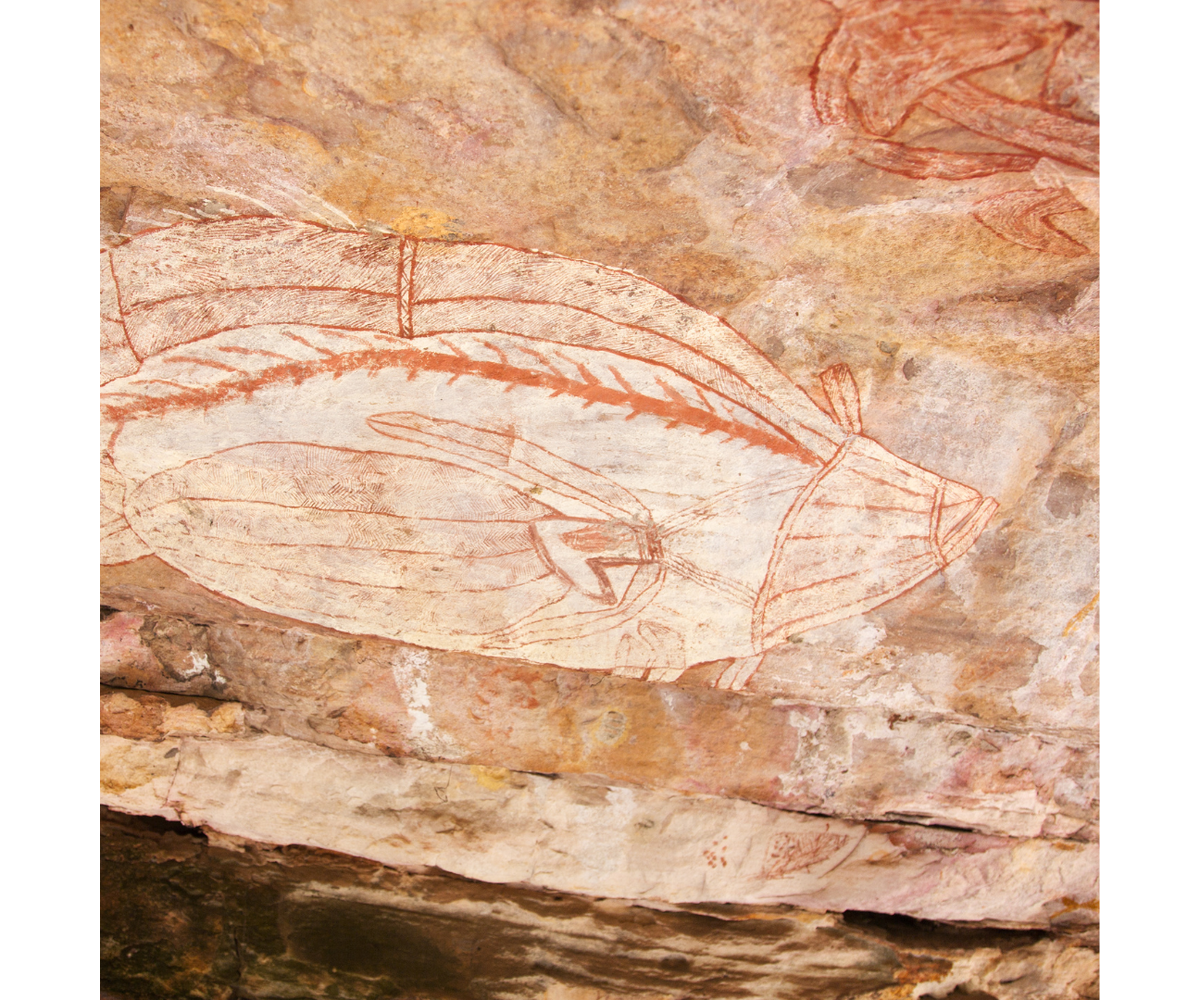
Integrating Indigenous Resources within Daily Learning
There is a movement for true reconciliation for First Nations cultures. Although there is progress to celebrate - it is essential to understand the many changes and steps being taken that can be embedded into everyday practices.
Read more -
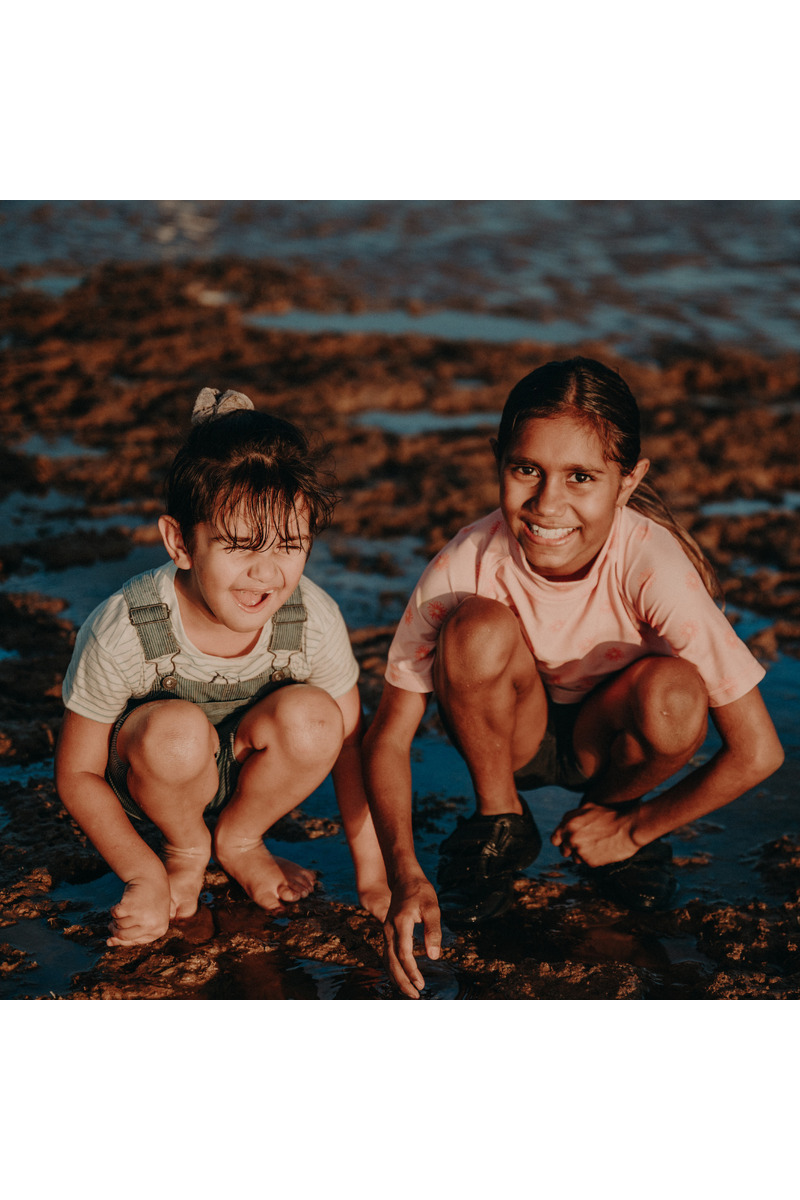
Creating a Sense of Place with Cultural Resources
Creating gathering places is made simpler by using floor rugs and cushions that offer colour, texture, and inspiration. The artwork and designs on many of them have been personally created by First Nations artists that reflect aspects of the local areas.
Read more -
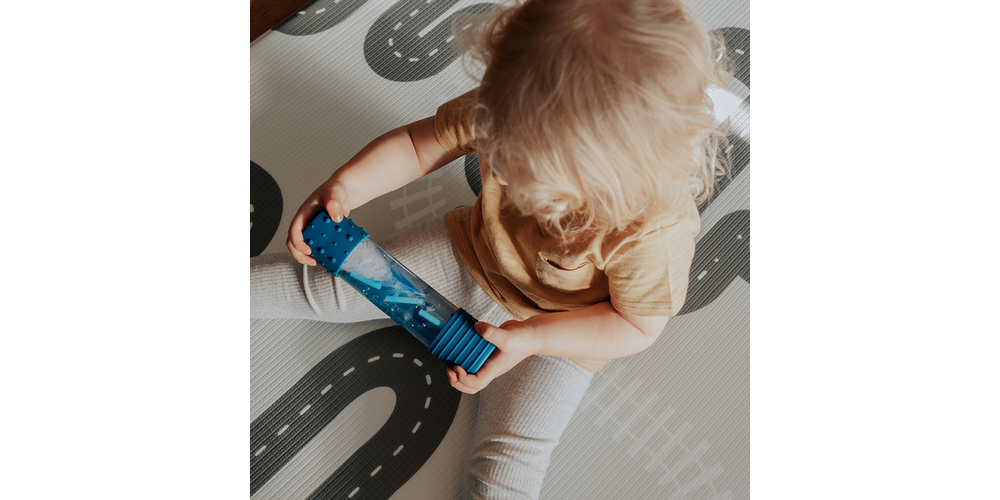
Measuring developmental milestones through role play
A key part of education is to teach children through our lived experiences different ways to understand that each person has a specific set of needs that can be met in very different ways.
Read more -
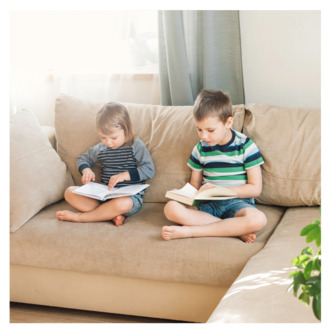
Supporting Children in community learning spaces
Coming together as a large group has many benefits for young children, including time for activities like mindfulness and relaxation.
Read more -
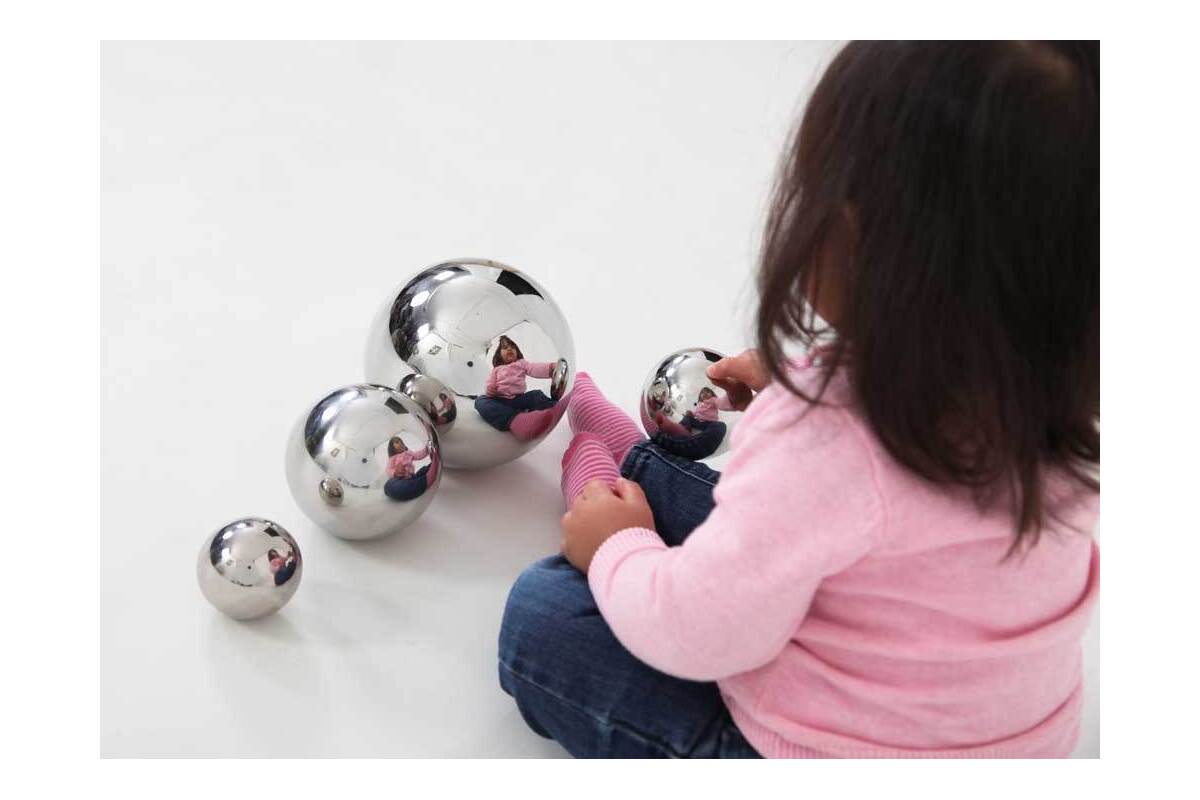
Building and Shaping a Confident Community of Learners
Whichever stage of development children are currently in, the only certainty is that they will continue to change as they experience life, along with the people they share their lives with at each stage.
Read more -
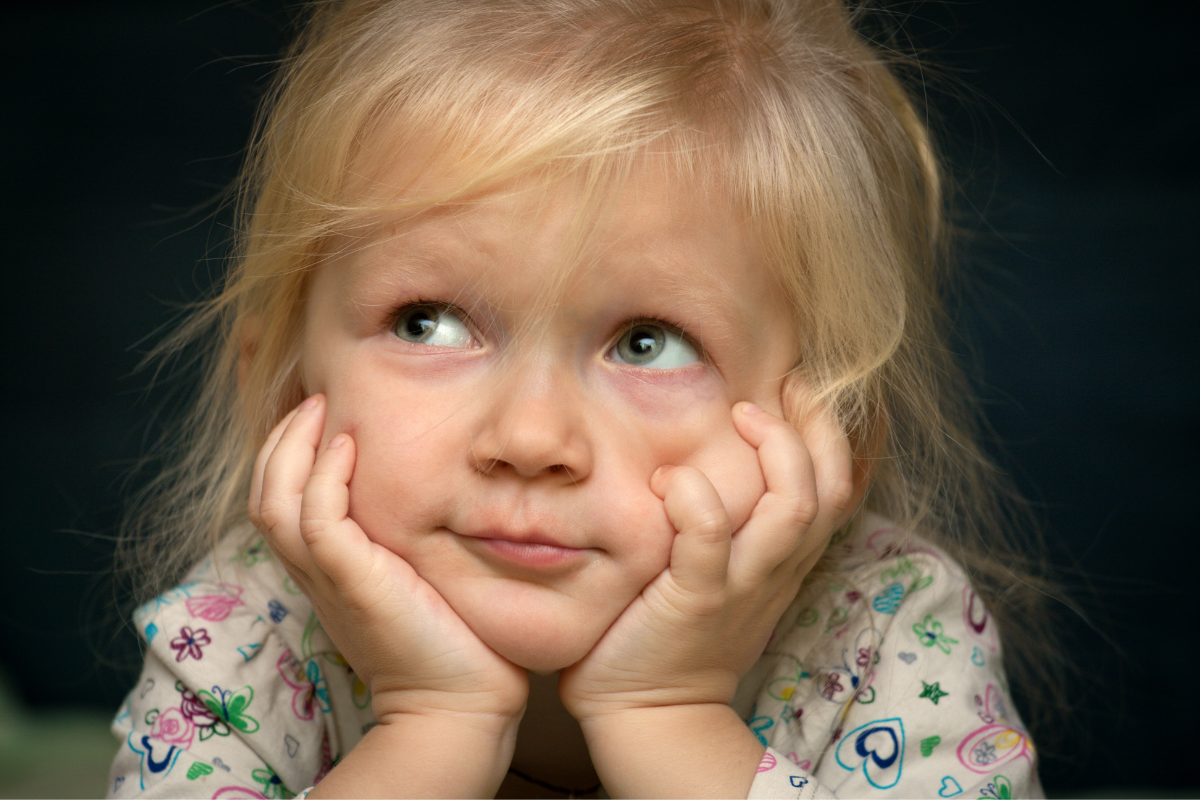
Creating a Curiosity Playspace by thinking like a child
To create the spark that incites curiosity, it is essential to remain open-minded and ready to capture the special moments when ideas take flight.
Read more -
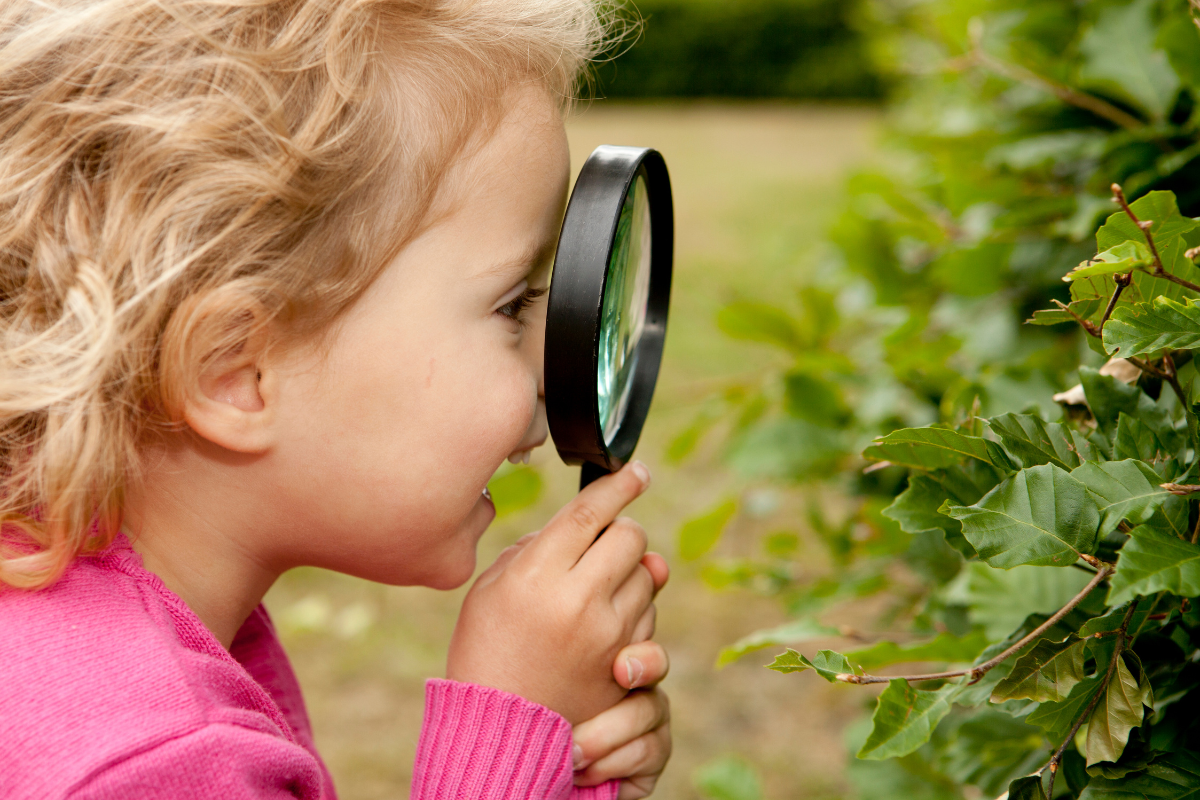
Resources that ignite curiosity
Inspiring curiosity within children’s play spaces can be as simple as it sounds, as most young children are driven to explore, invent and create using simple things around them.
Read more -
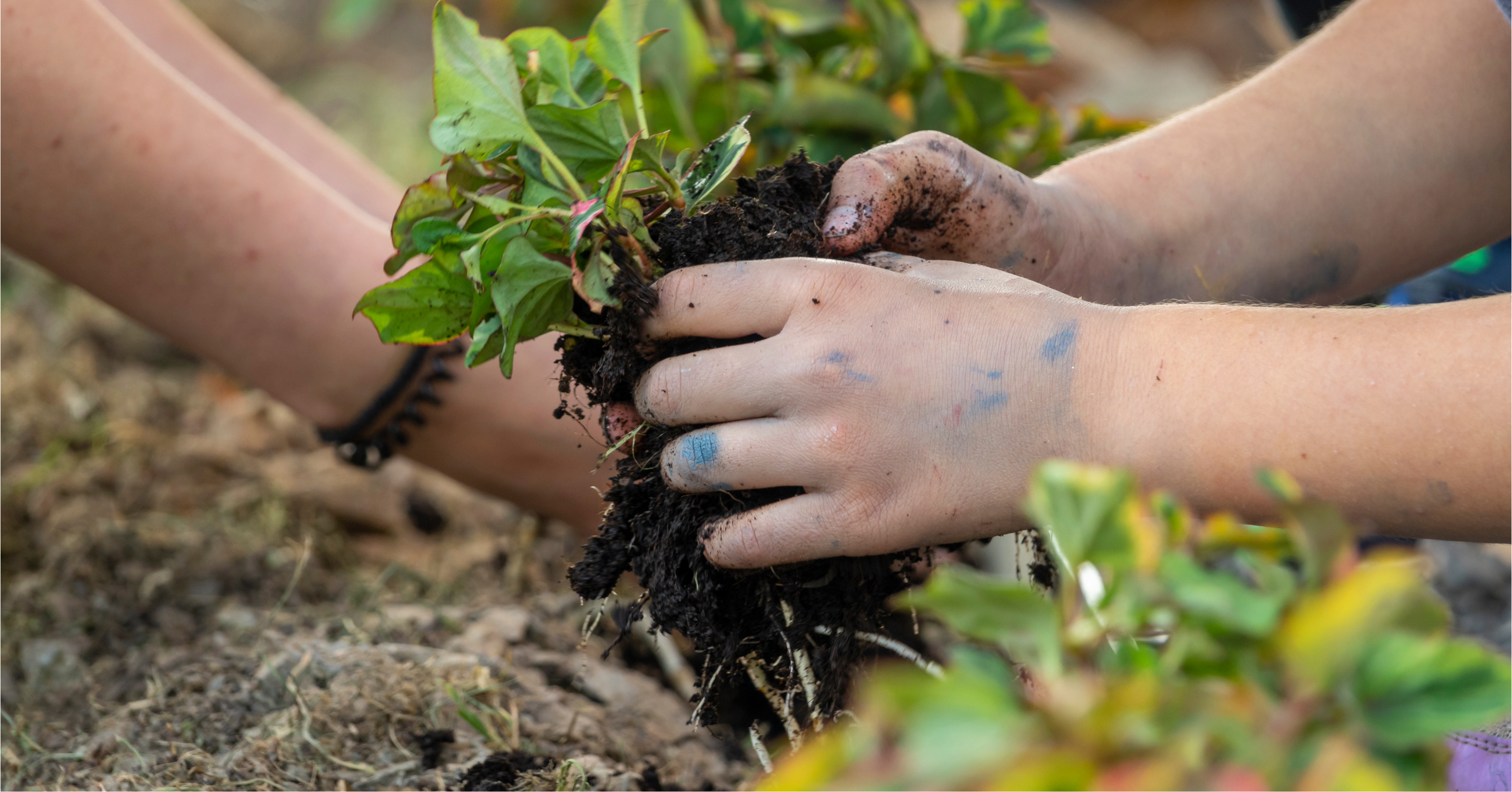
Creating gardening playspaces in Early Learning environments
Vegepod kits provide the perfect introduction to gardening and come complete with lesson plans that align with the EYLF.
Read more -
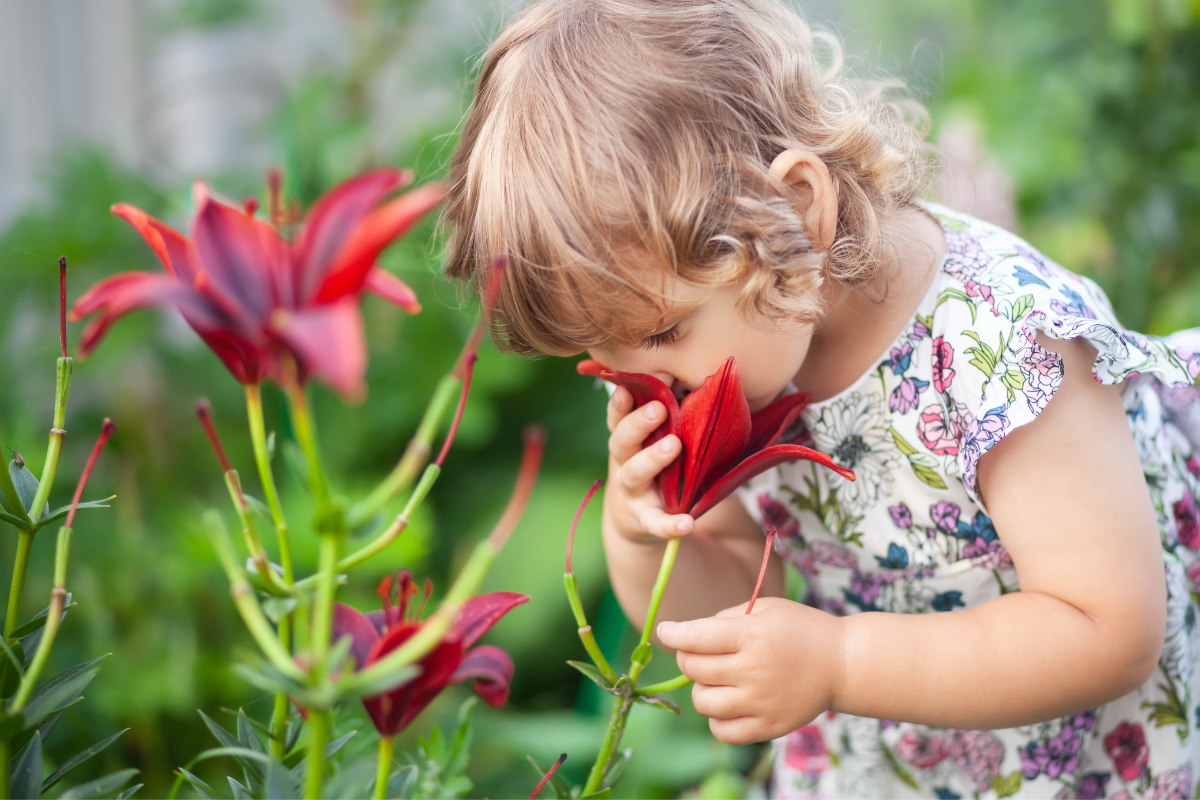
Resources that help discover the life cycle of plants
When considering using your resources to explore the life cycle of plants, you may be surprised to learn that there are just as many indoor opportunities as those found outside.
Read more -
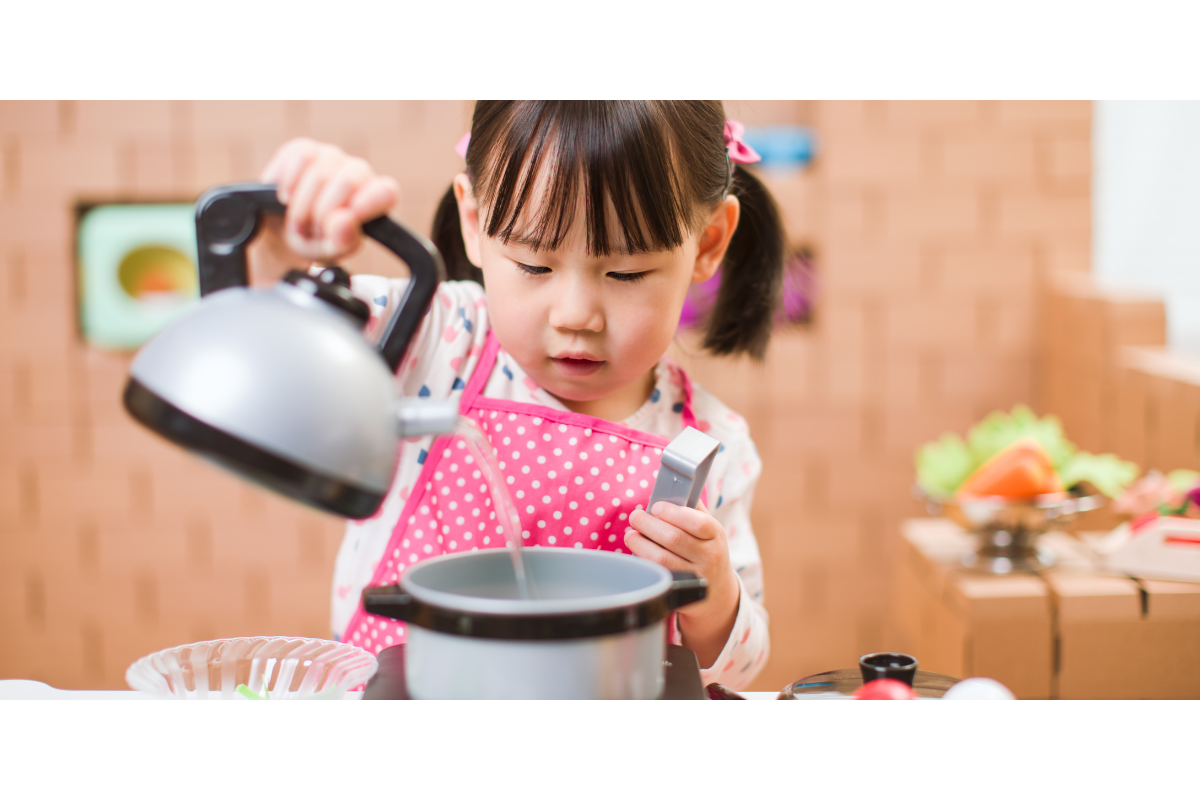
Creating Playspaces that evoke a sense of belonging
A learning environment that is warm and welcoming with age-appropriate activities and resources makes it easier for children to observe the cues of how to play and become engaged within their community of learners.
Read more -
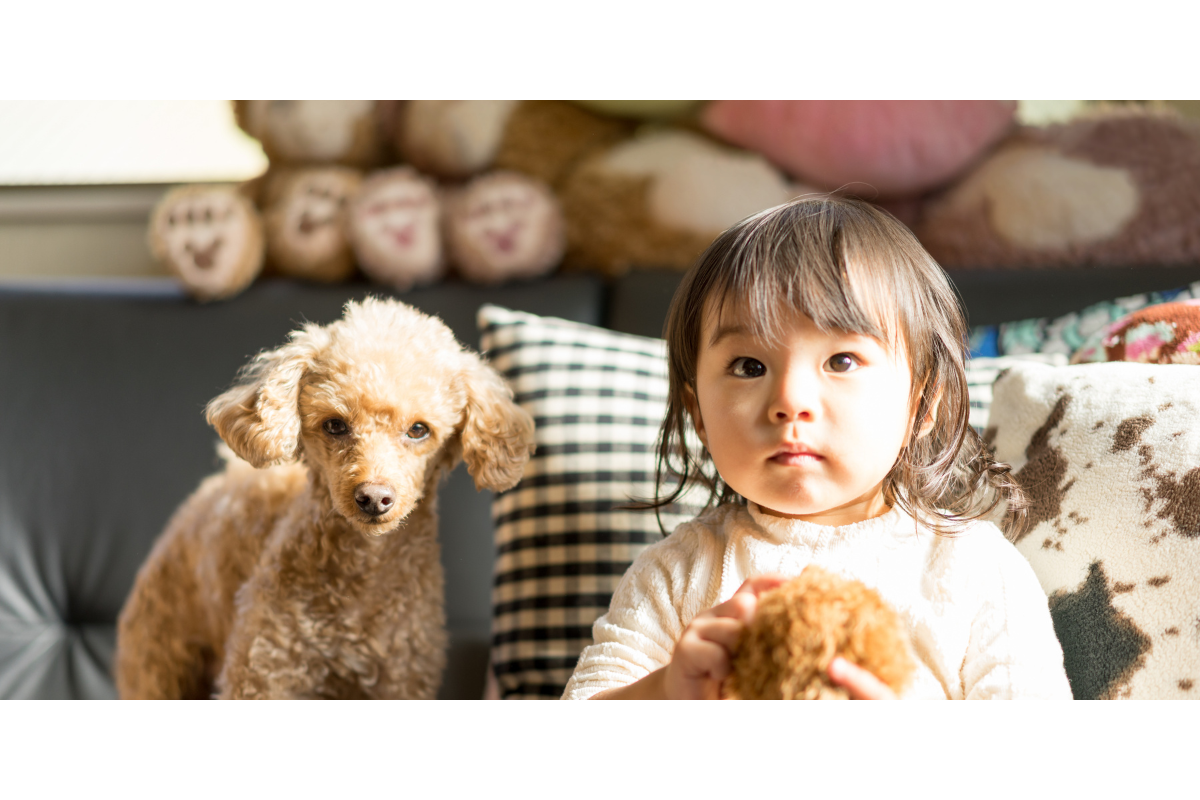
Using animal classification resources to encourage belonging in Early Learning
Children are naturally drawn to most animals and have an affinity for them. When considering how important they can be and what they may represent to children, there is an opportunity to incorporate some of their unique characteristics into many areas of
Read more -

Resources to support celebrations, change and transition
Within our diverse community, we can never hope to replicate every type of celebration children will experience in their own homes. Instead, we should look to create new traditions that are special to the Early learning experience as ways to celebrate.
Read more -
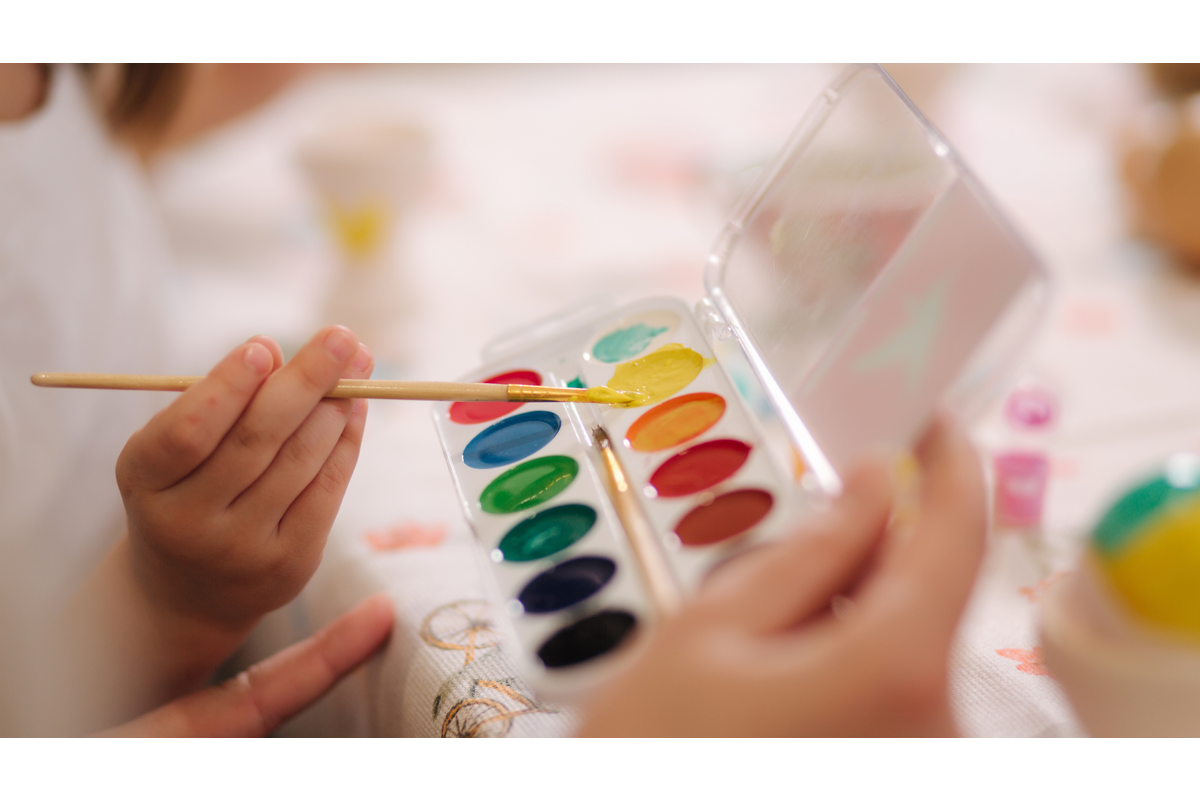
Playspaces and Activities for Gift Giving
Not everyone has enough space to create a permanent art and craft space. A designated area that offers space to paint, draw, stick and wrap can be as simple as pushing two large tables together that provide plenty of space for children to create.
Read more -
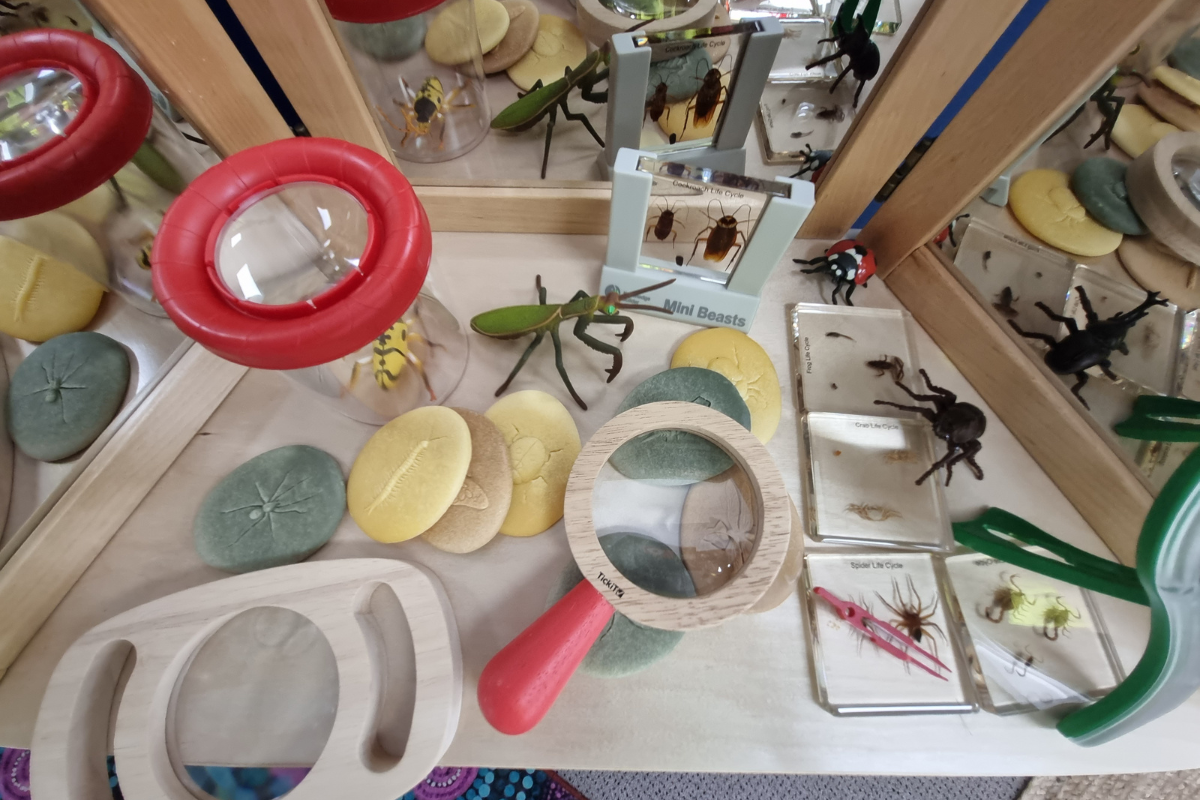
The benefits of adding more Discovery Play to your Program
When we hear the word discovery, we often think of outdoor play. However, the magic of discovery is that it can happen anywhere!
Read more -
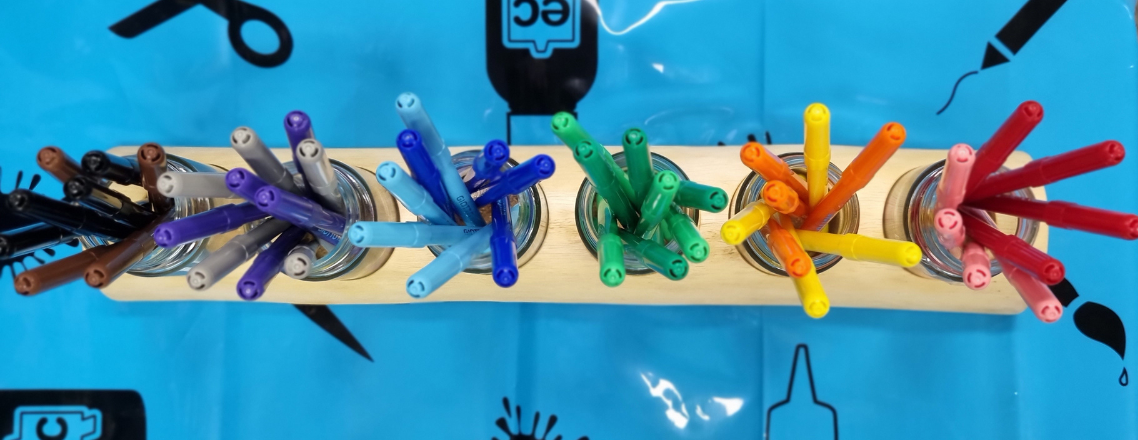
Providing Creative Spaces for Babies and Toddlers
It’s a common misconception that creative play is limited to children under three years. With some key materials, it is possible to engage very young children in activities that encourage their creativity.
Read more -
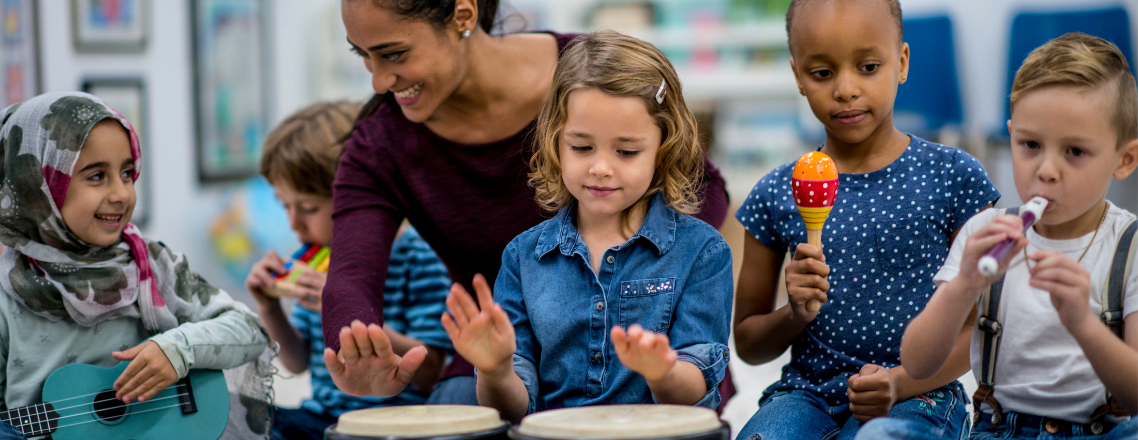
Exploring Creative Play in Early Learning
Many people immediately associate creative play with art experiences, but this is only one of many areas that can be easily developed to encourage imagination and self-expression.
Read more -
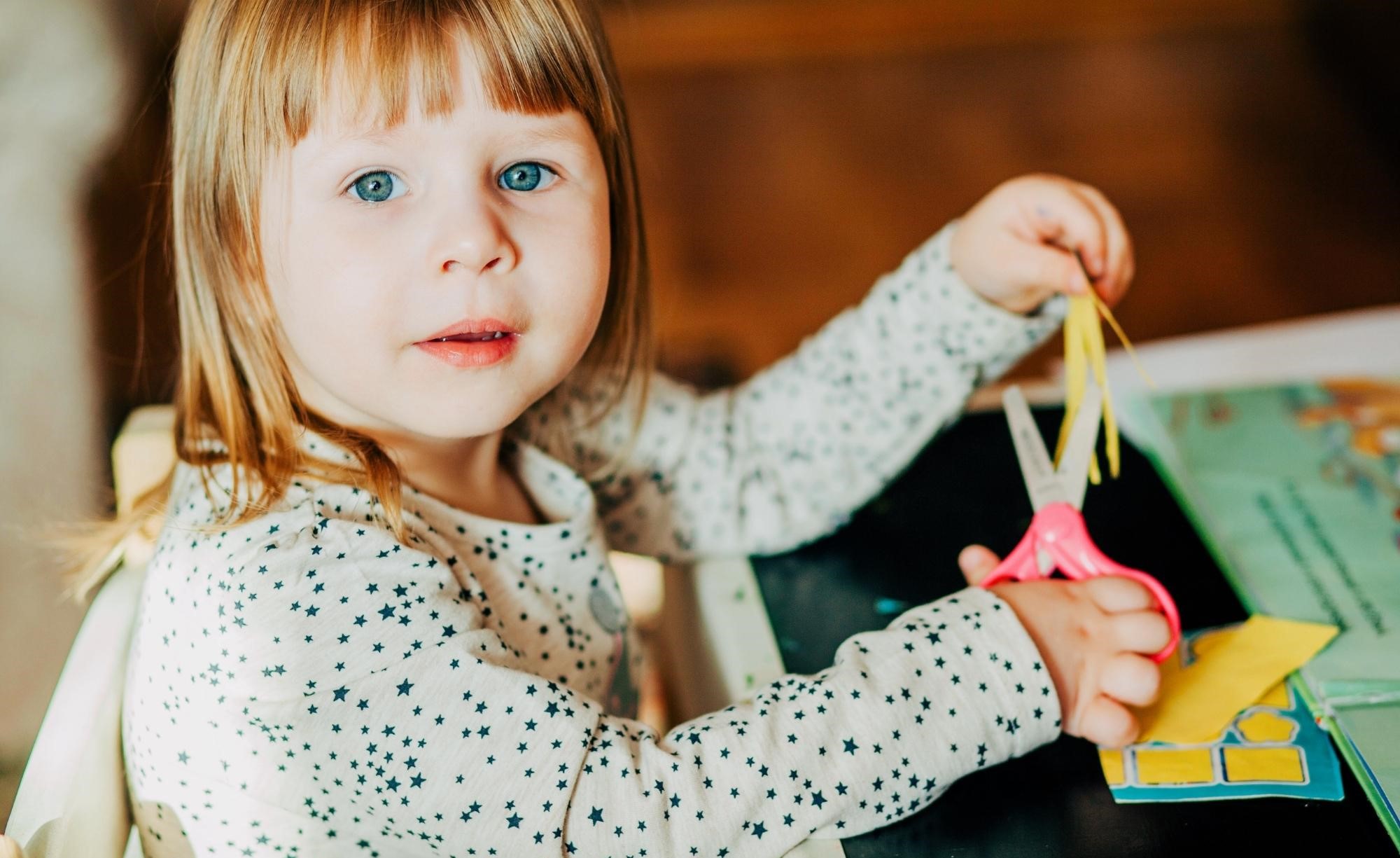
Play spaces that Encourage Considered Risk-Taking
Although we feel the instinctive urge to 'protect or correct' ,it is over-protection that could contribute to creating a sense of anxiety.
Read more -
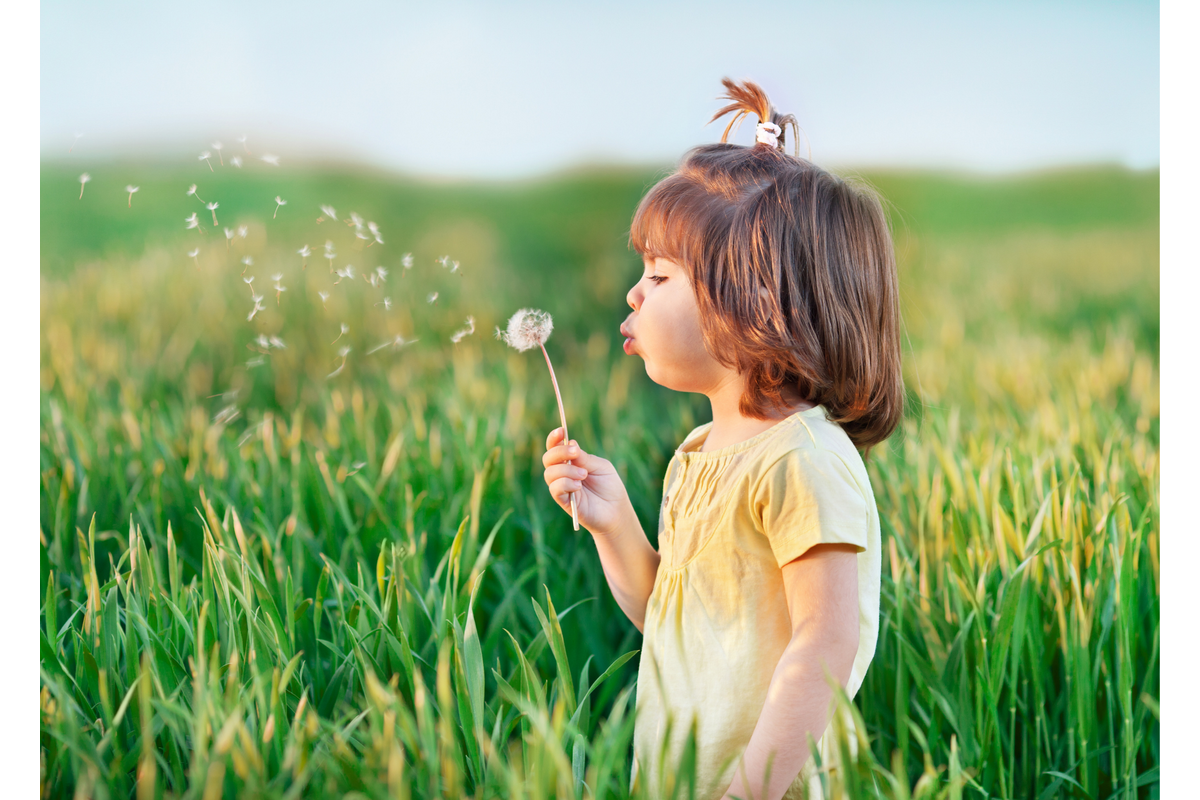
Playspaces to explore the concept of Light
The real joy of Light Play is that it is a joyful experience and it’s usually spontaneous. This can make incidental teaching easy, with the addition of a few simple props.
Read more -
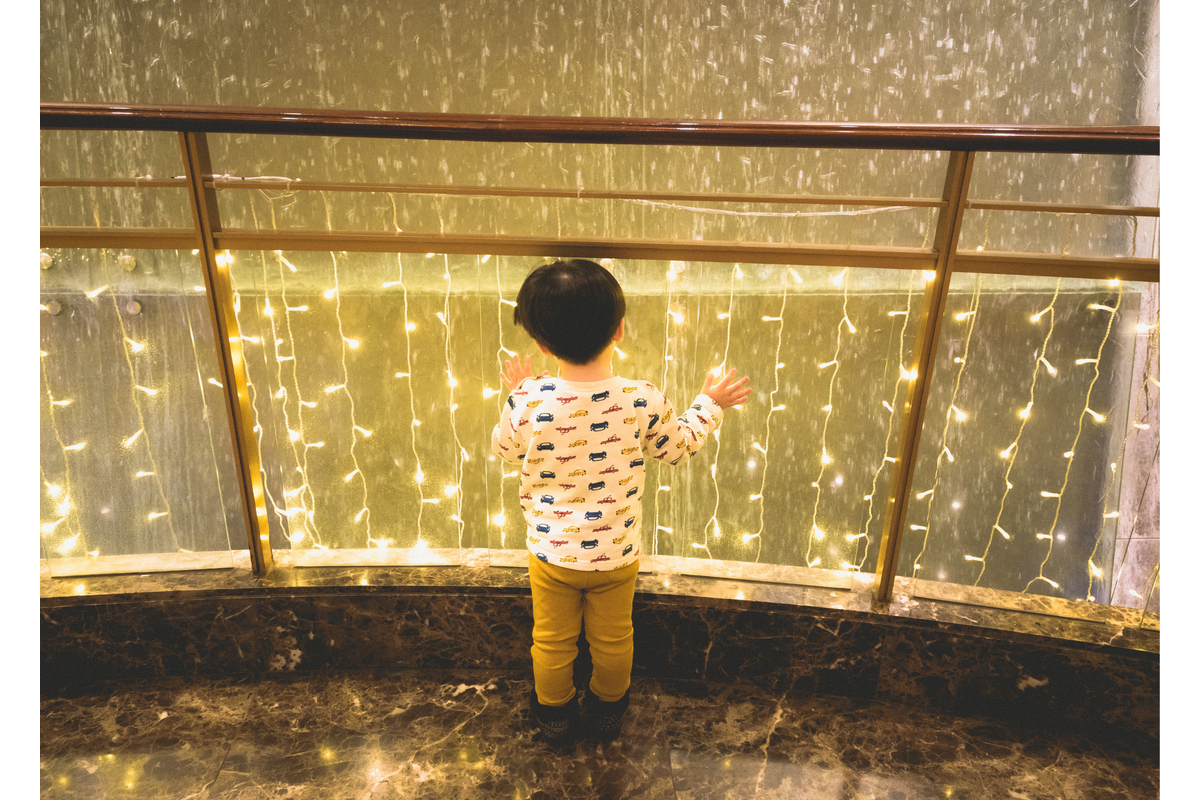
Exploring the Concepts of Light through Play
When children’s curiosity is encouraged, they voice their observations (and reflections) almost instantaneously. Whether commenting on the light playing on leaf flickering in the treetops, watching the wind pick up and blow leaves along the ground, or exp
Read more -
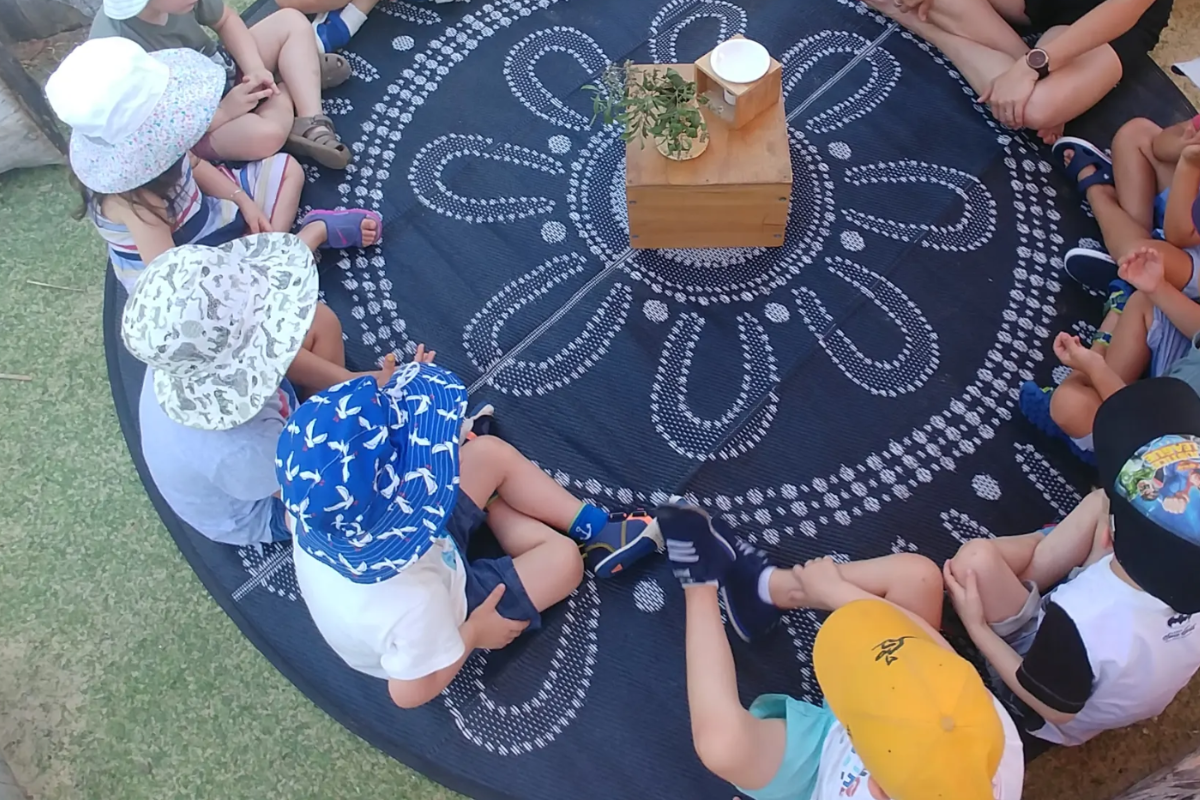
Introducing Yarning Circles to Your Preschool Mat Time
A Yarning Circle is an ancient practice used by Indigenous Australian cultures to teach and learn, preserving and passing on knowledge through collaboration.
Read more -
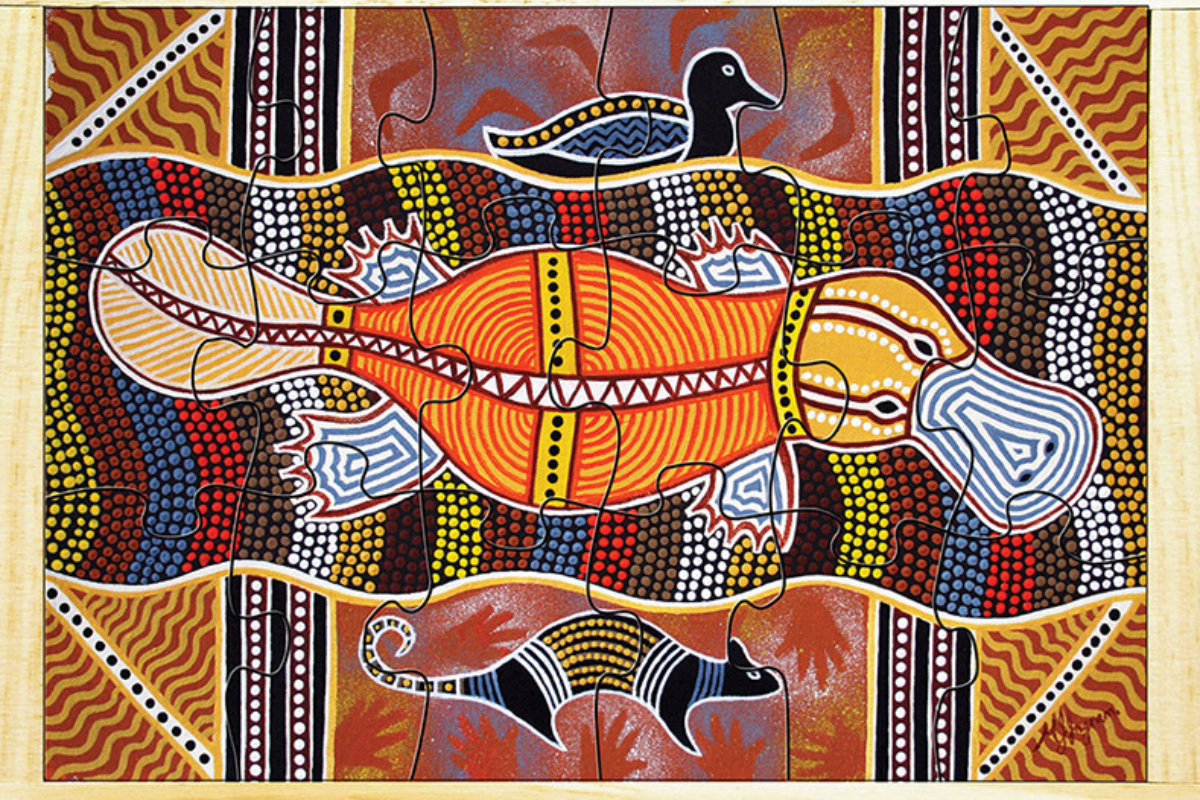
Incorporating Indigenous Resources in Early Learning Services
When planning a rich curriculum that embeds indigenous practices, there are a few things to consider to ensure they become meaningful.
Read more -
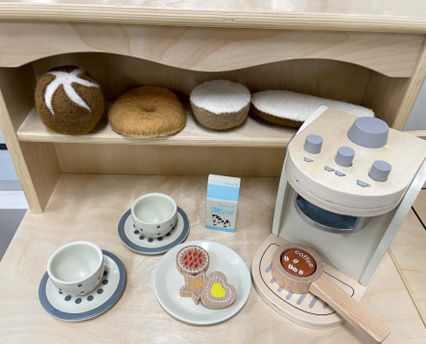
Role Play & the Importance of the Home-Corner
Often in the home corner and dramatic play areas of the early childhood settings are easiest to set up play spaces that lend themselves to the exploration of families.
Read more -
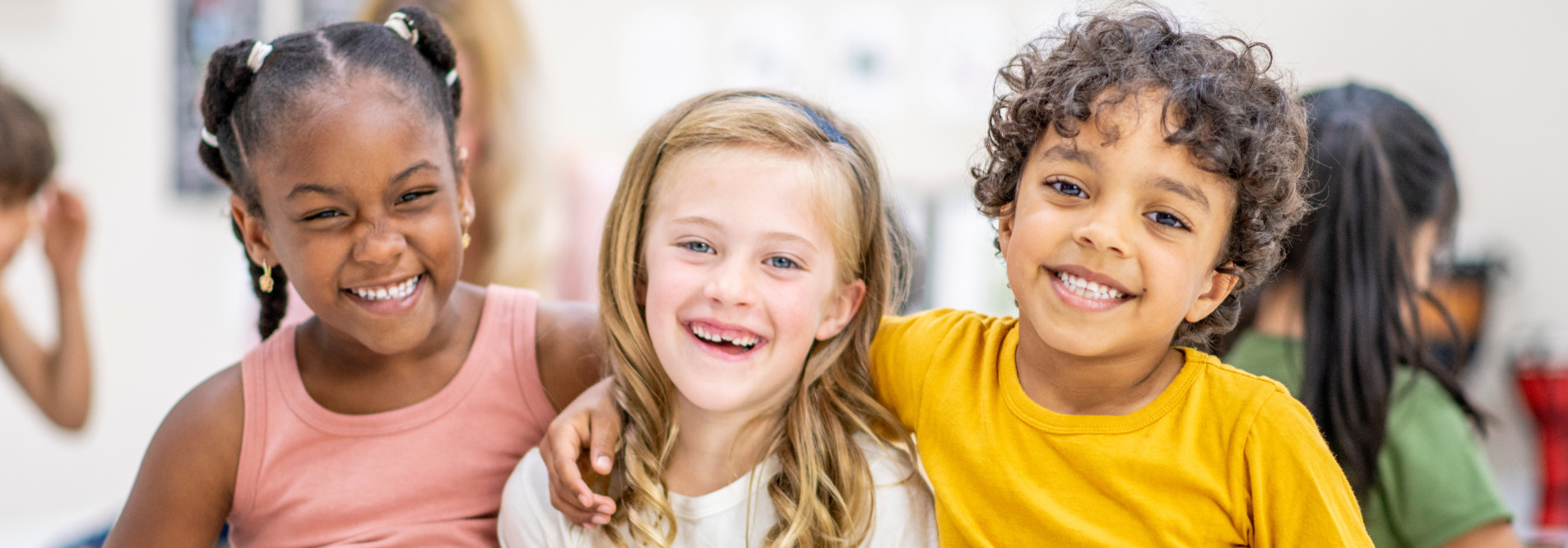
Resources to Inspire Connection and Belonging
Embedding the Being, Belonging and Becoming within your curriculum and making an annual event that encourages closer inspection and focus upon the family and communities that are integral to early childhood development.
Read more -

Curating Play Spaces that Ignite Curiosity
Looking for ideas on how to combine resources to become play spaces that feed natural curiosity? Read on...
Read more -

Rethinking Resources to Inspire Curious Minds
Looking for ideas and reasons to incorporate more loose parts items into your resources? Our Educational Advisory explores the topic of loose parts and their role in fostering children's natural curiosity.
Read more -
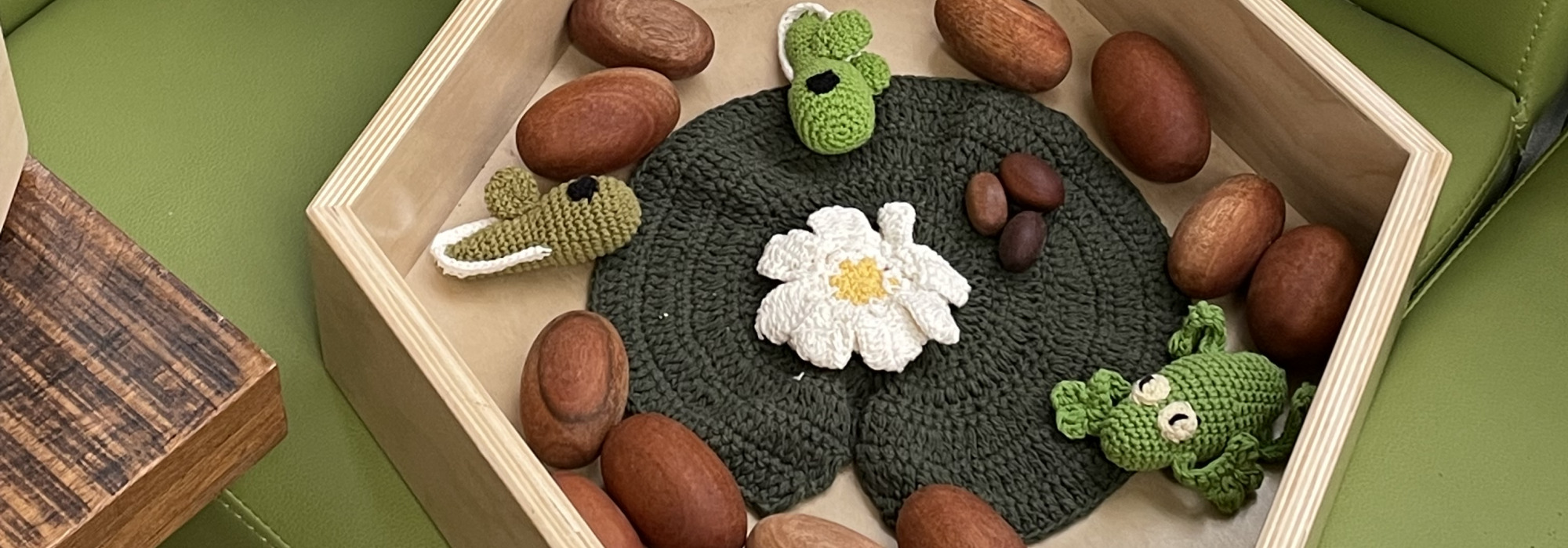
Setting Up Life Cycle Play Spaces
With just a few resources it is possible to replicate those found in nature all around us. When setting up Cycles Of Life play spaces it is important to choose materials that are authentic to create the provocation for authentic learning.
Read more -
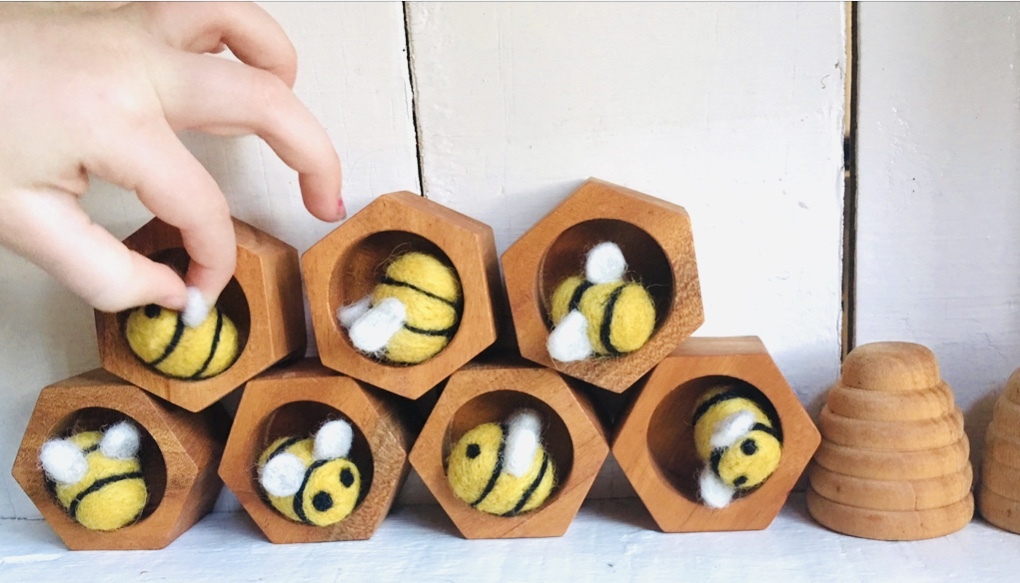
Resources To Discover Life Cycles
Choosing to focus on the cycles of life over longer periods of time is an important part of learning who we are and why we are here, co existing with animals and plants that sustain our lives.
Read more -
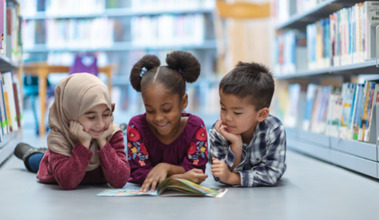
Setting Up An Inclusive Play Space - The Reading Corner
Building a diverse library of books can lead to information within them translating into practical experiences in which children have the chance to live what they learn.
Read more -
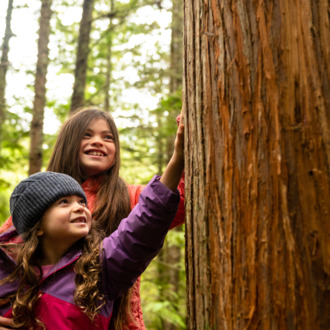
Fostering Inclusion with Existing Resources
Carefully chosen resources can help to create an inclusive setting for all children. The best materials are those that reflect open ended and divergent thinking and are often simple and understated.
Read more -
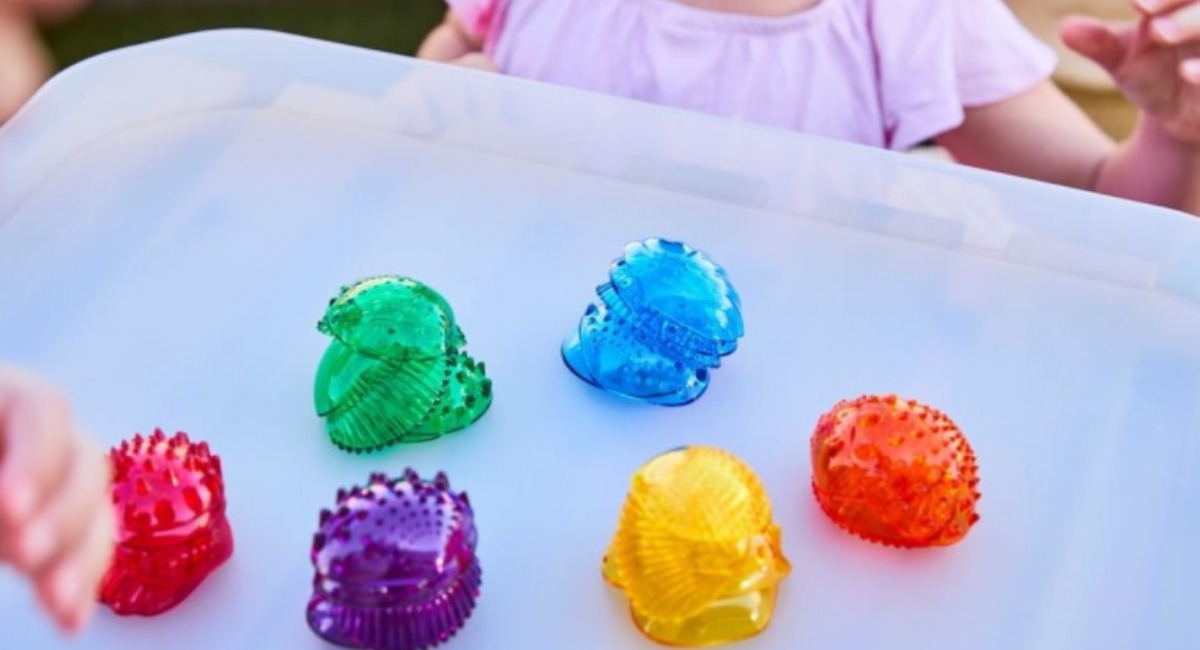
Setting Up Your Portable Sensory Space
Many play spaces are not purpose built which can make planning a learning environment a challenge, in order to include enriching activities which include sensory play spaces. The Fun2 Activity System is here to help!
Read more -
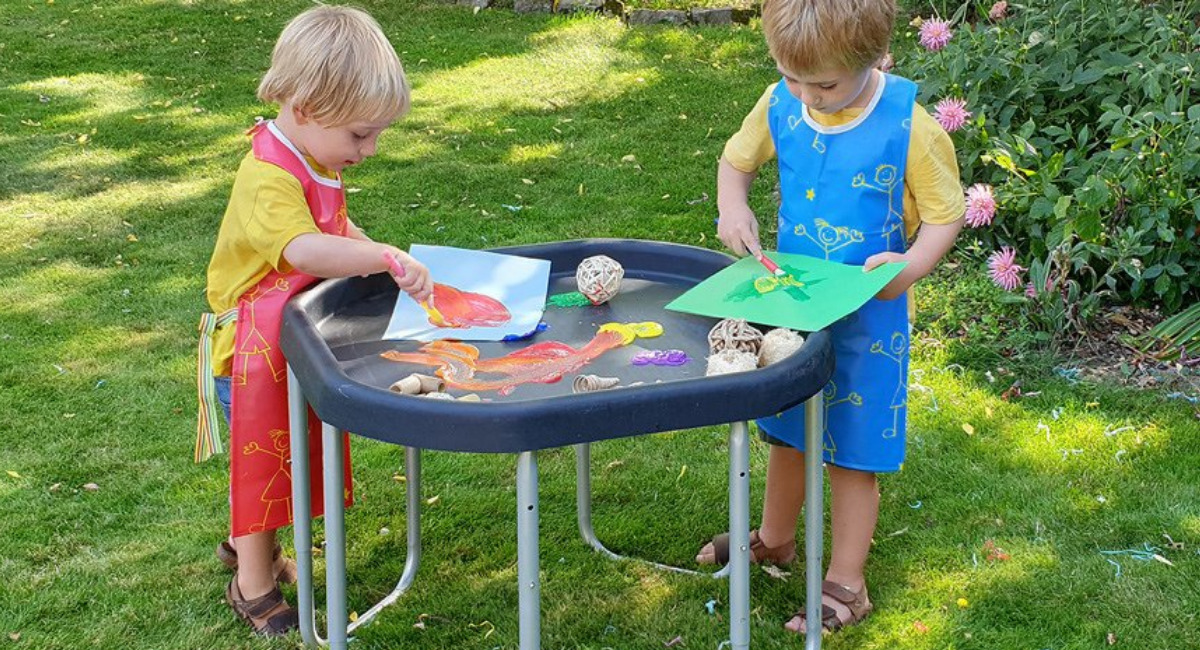
Extending Play Options In Summer Weather
There are often unusual and unique ways that support a child’s eye view in which they set things up that most educators would not have considered -but this is a golden opportunity to be inspired!
Read more -
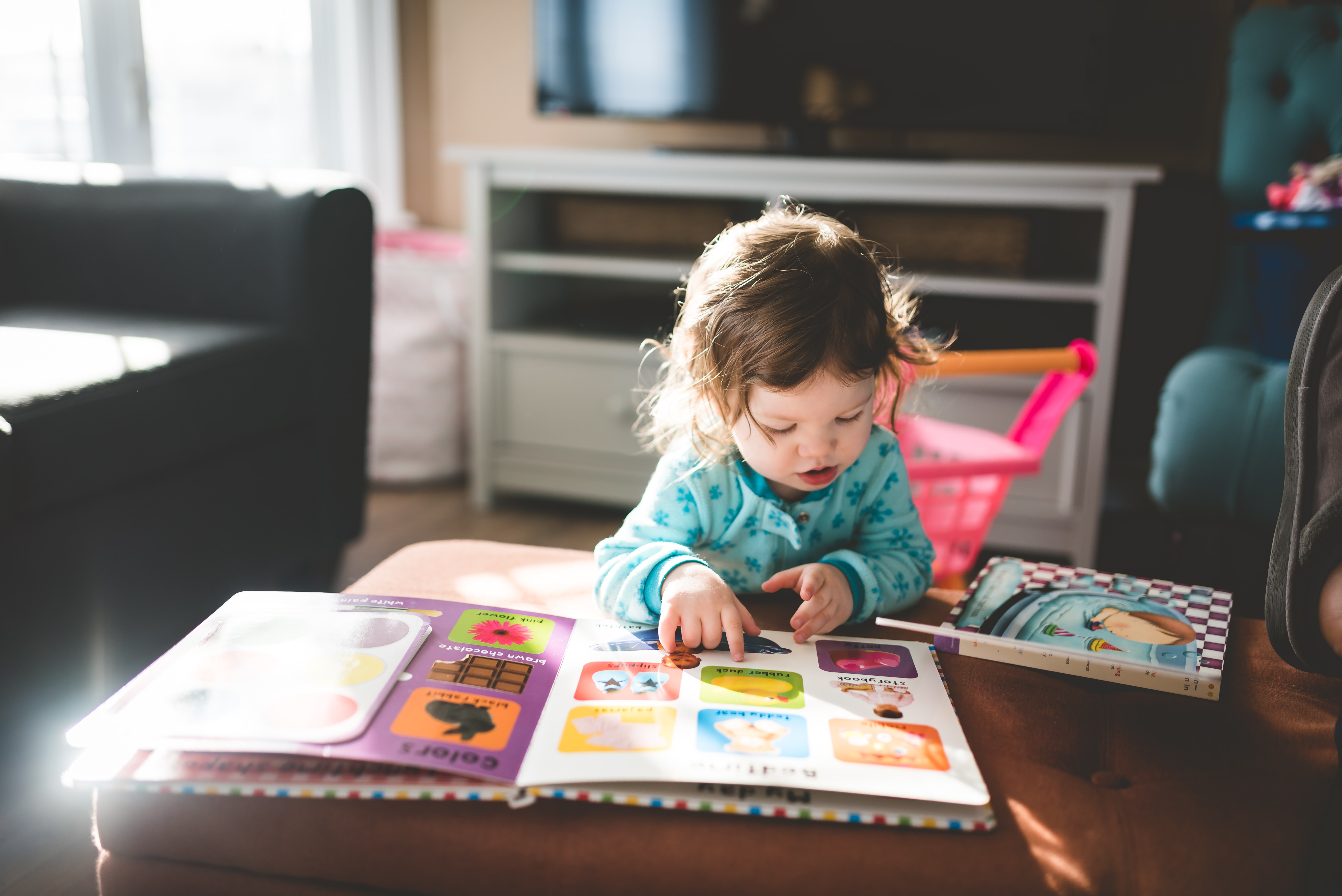
Literacy - More Than Reading and Writing
Literacy is more than learning to read and write. Becoming literate also incorporates the development of essential language, cognitive, social and emotional skills as children interact and explore the world around them.
Read more
